100 Years Of Kitchen History Evolution – In-Depth Analysis Of Germany’s Top Premium Cabinet Brands
If you want to buy a good set of imported cabinets or you want to have an in-depth study of cabinets, you will definitely mention a country, that is Siamane. Compared to the Italian kitchen personality characteristics are obvious, German cabinets have been known for their rigorous minimalist design and functionality. Another point is that German cabinets relative to Italian cabinets have some special characteristics, especially its early development history and innovation is very worth studying, so this time we will share an in-depth analysis of the development history of German cabinets and the top high-end German cabinet brands at one time.
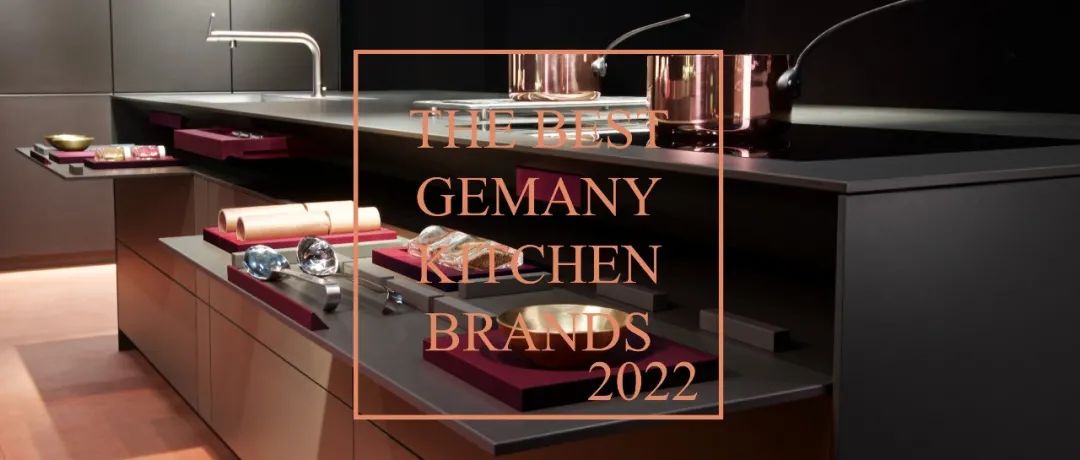
THE GERMAN KITCHEN HISTORY
German cabinet development history
(1892-1945 Age of Enlightenment)
After a long time I studied the history of Germany and the product iteration of the cabinet, I found that the development of German cabinets can be divided into two periods. These two periods were before and after the end of World War II, i.e. before 1945 and after 1945. ʻI he taimi tatau, this is also the time point of the third technological revolution.
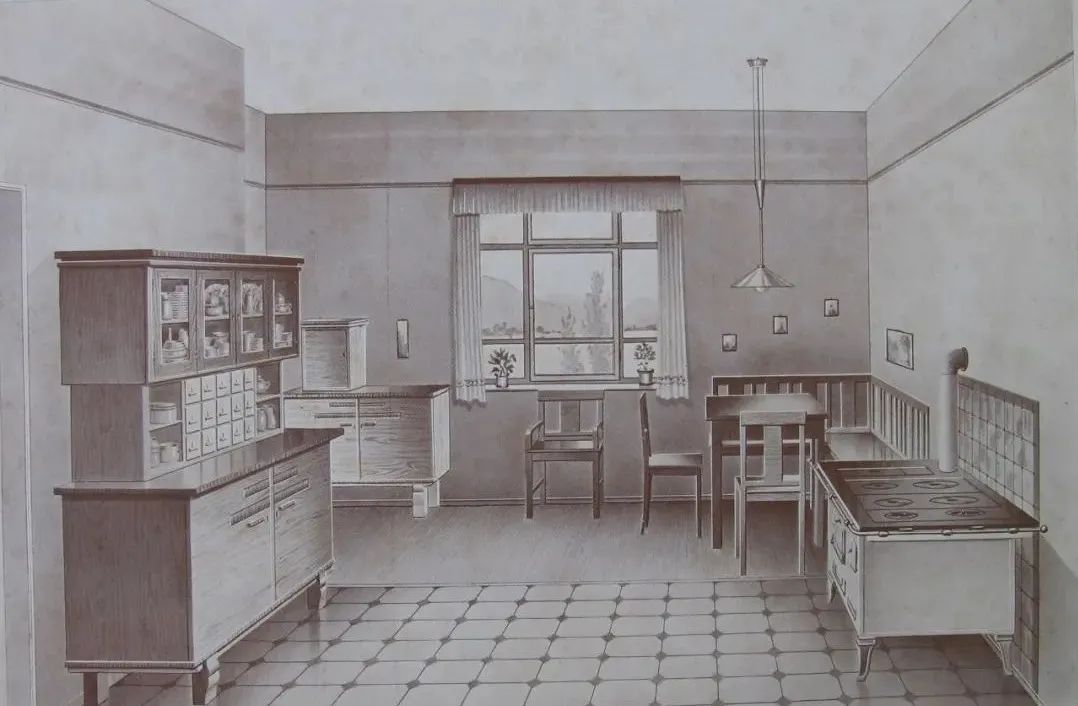
Since the second half of the 19th century, open fires in the kitchen were replaced by enclosed stoves. Although natural gas was used occasionally from 1880 mo e electricity from 1890, most homes were not connected to the gas and electricity grid until much later and still burned more with coal or natural gas.
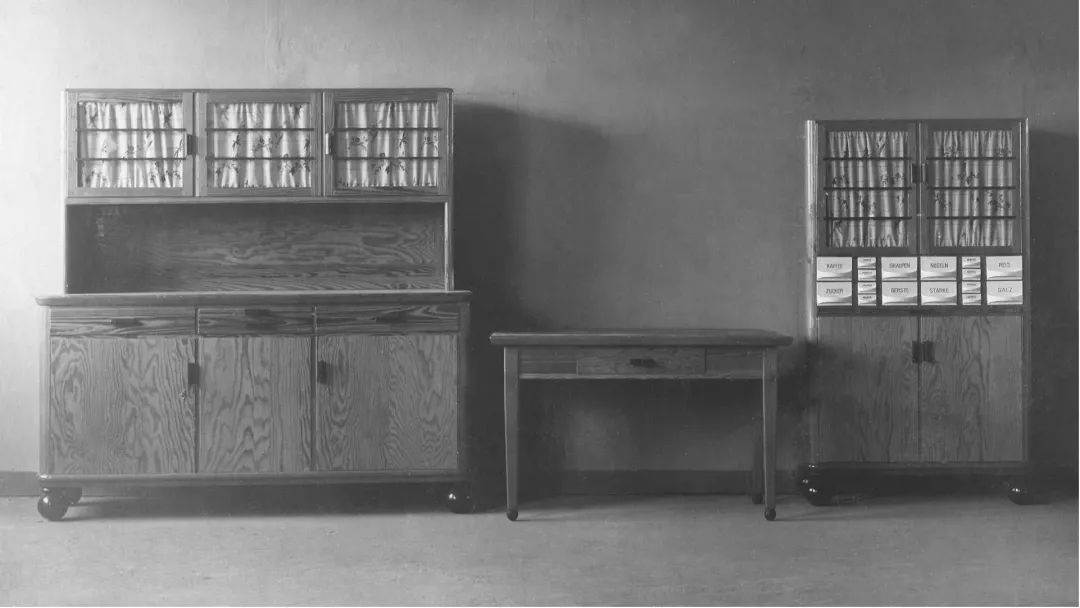
poggenpohl 1892 sideboard
At the end of the 19th century and the beginning of the 20th century, a number of the earliest cabinet brands emerged, and now have a hundred-year history: Poggenpohl, founded in 1892, Eggersmann, founded in 1908, mo e SieMatic, founded in 1929, are now also well-known as the top cabinet brands, and the products of these early cabinet brands are all based on sideboard products. The beginning. I call this era the “Age of Enlightenment” for cabinetry.
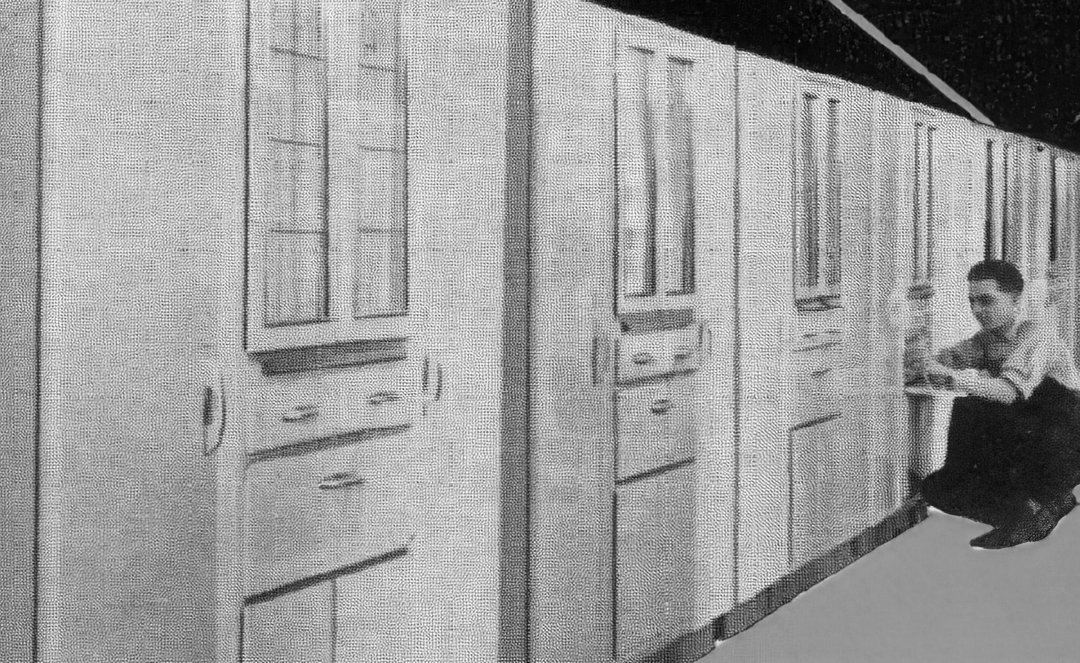
Eggersmann 1935 mass production
(1945-2004 Golden Age)
At the end of the Second World War in 1945, due to the premature foundation of the industrial revolution (the first industrial revolution started in the 1870s and the second in the middle of the 19th century), Germany also gradually started to resume production and the rapid spread of function-oriented cabinetry, and it was from this moment that the path of innovation in German cabinetry gradually began. I call this stage the “golden age of cabinet development”.
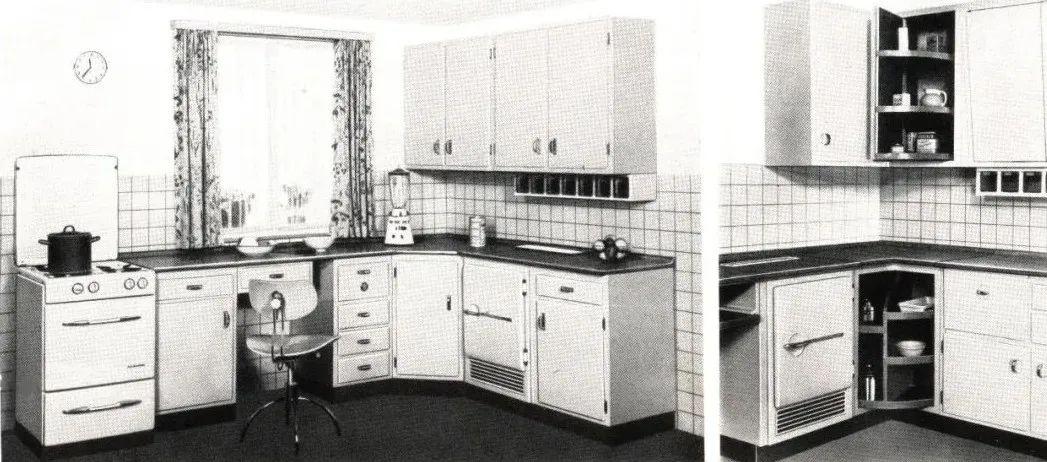
The book “Modern Life” ʻi he 1954
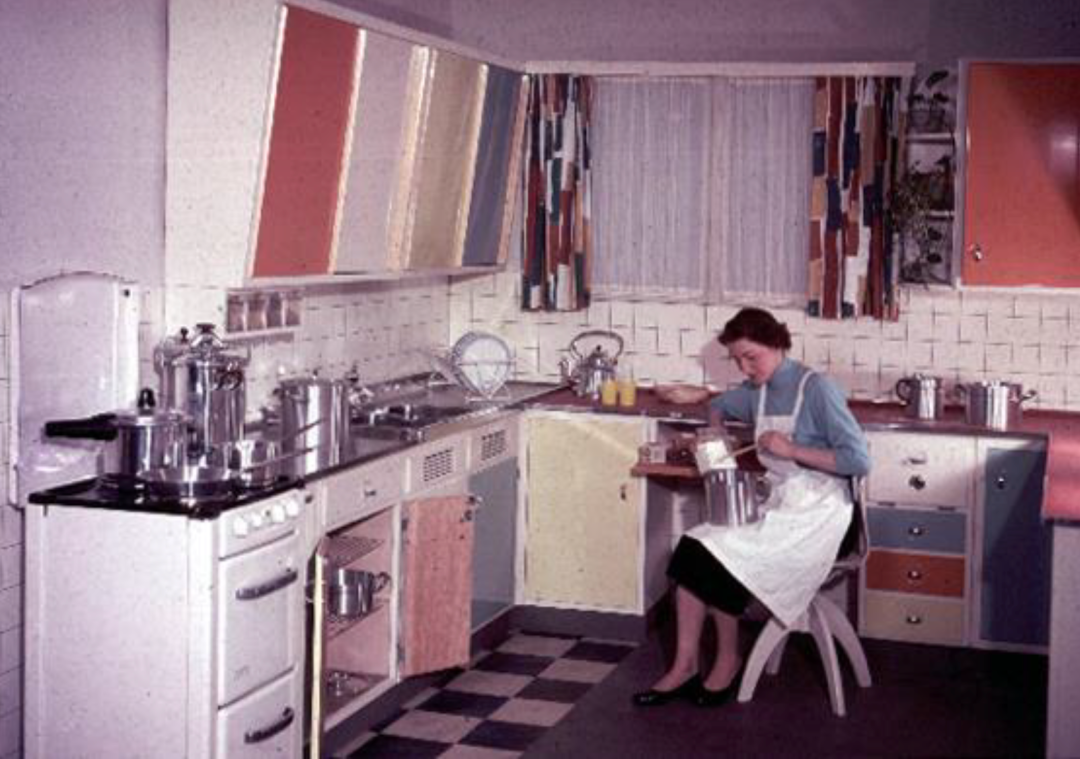
The first colorful LEICHT kitchen ʻi he 1954
The LEICHT-colored kitchen was one of the better innovations for German cabinetry at the time. The woman in the picture was called “the happiest woman”.
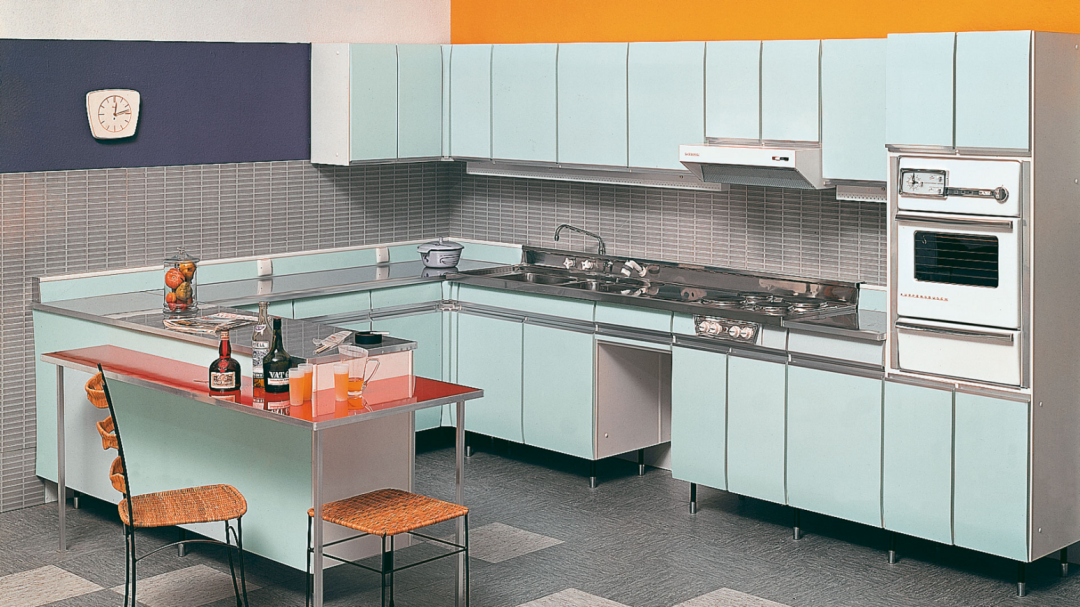
ʻI he 1960 the world’s first cabinetry without handles was introduced
ʻI he 1960, SieMatic creatively abandoned the open pulls and designed the world’s first kitchen 6006 series with built-in invisible pulls. At that time, there were no matching built-in appliances. The clever SieMatic people tucked freestanding ovens into high cabinets.
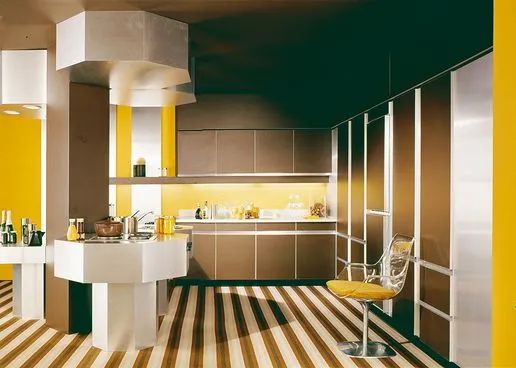
ʻI he 1971, Schüller designs and produces the forward-looking NEXT series of built-in concept kitchens
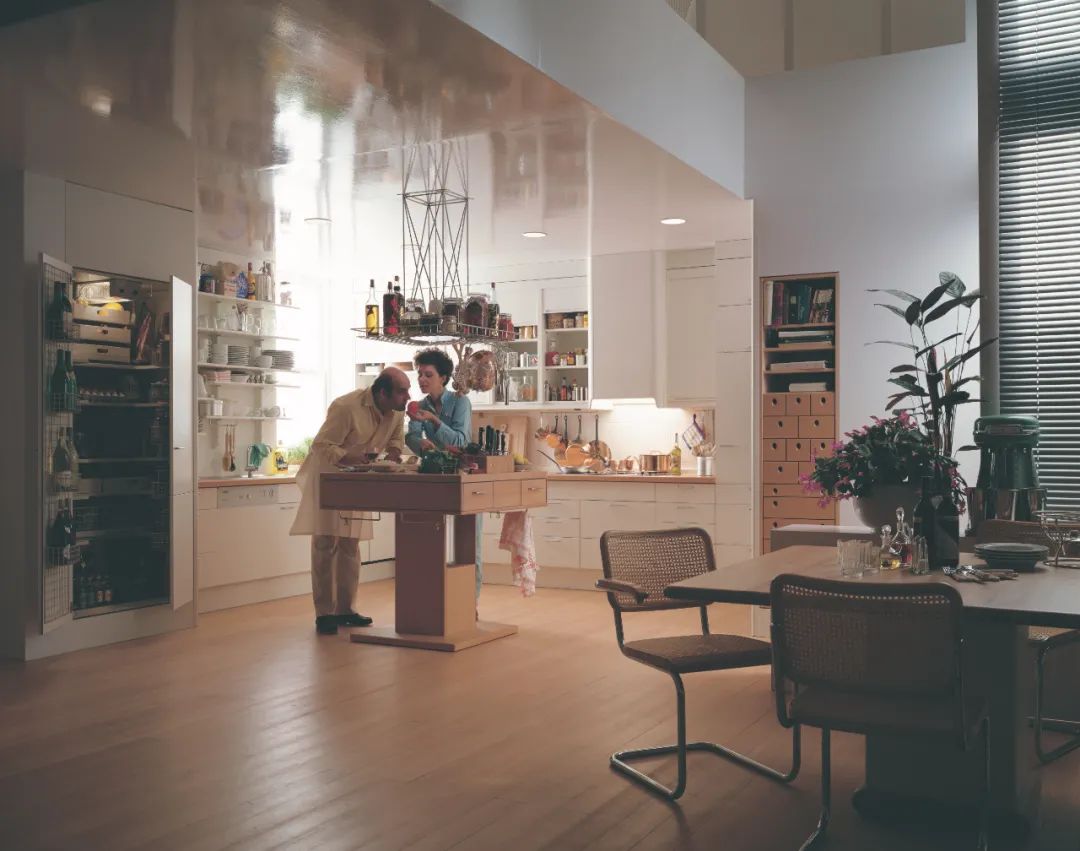
1982 Birth of the first “center island” for domestic kitchens
Ko e Bulthaup “butcher’s block” is designed to enhance the communication of the living space. It was the greatest innovation in German and global cabinetry at the time, as people no longer had to face the wall to wash and cook.
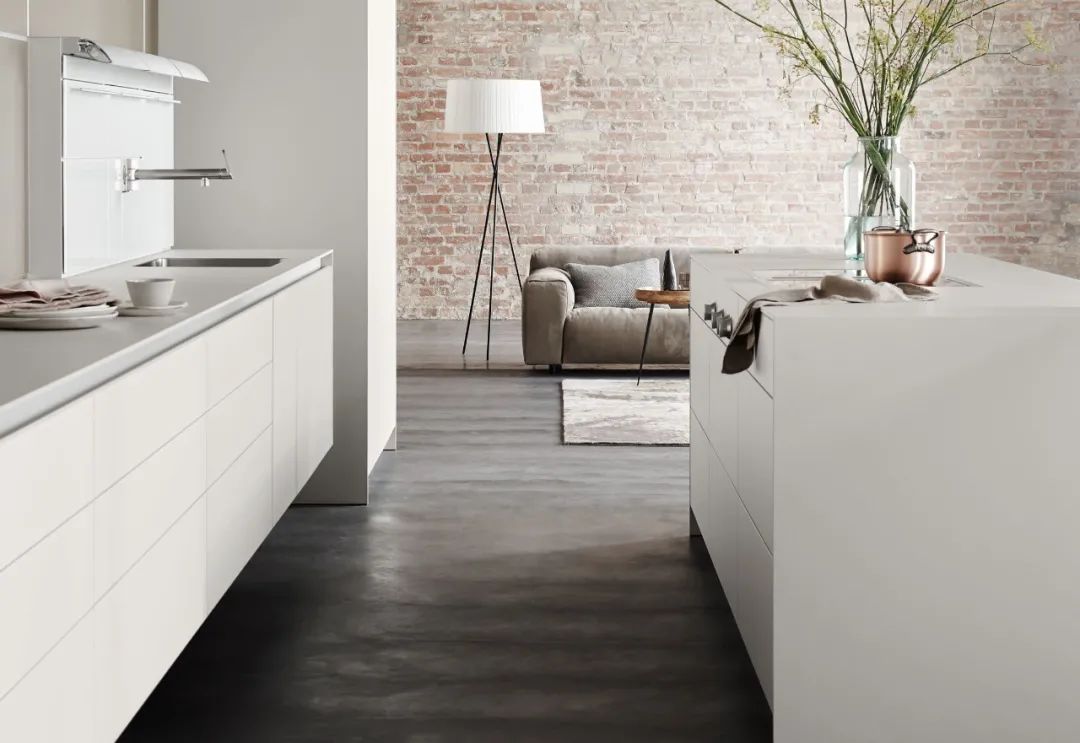
ʻI he 2004, Bartop’s b3 series incorporated walls into the kitchen design for the first time. b3’s basic building element is the multifunctional wall. This suspended kitchen highlights the clear architecture and thin, light materials. The result is an infinite variety of combinations. b3 is the culmination and the end of the “golden age of cabinetry”.
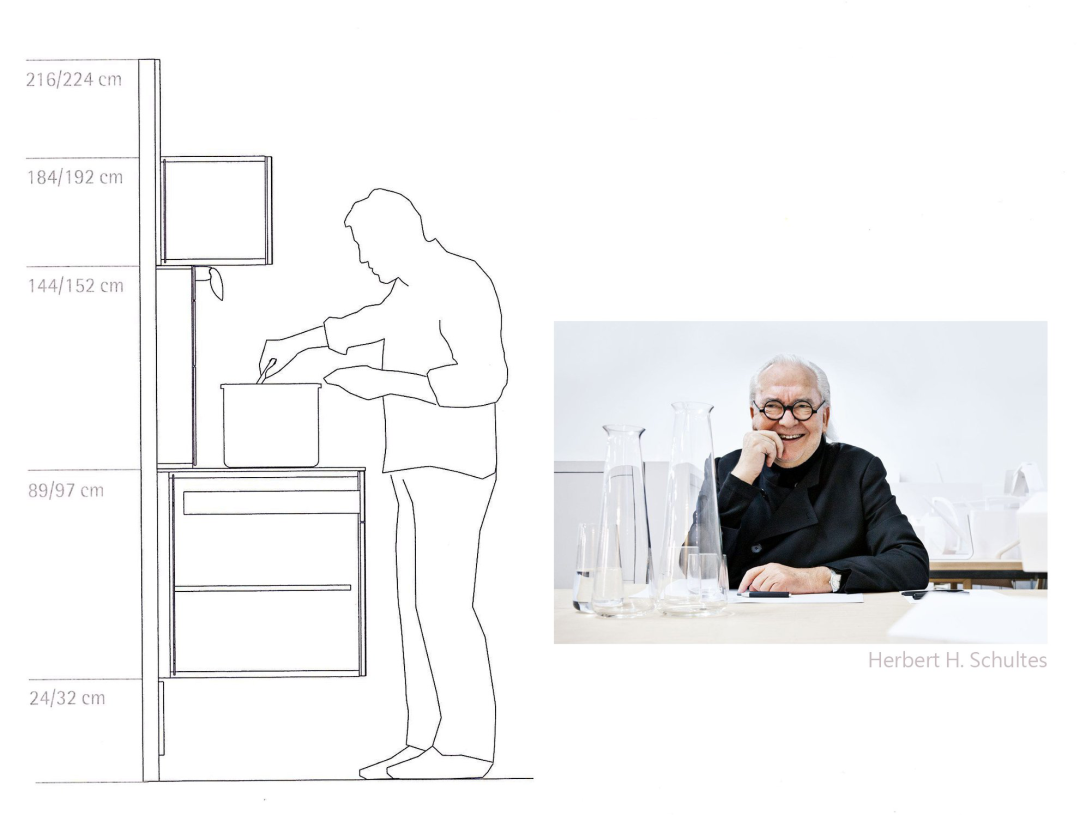
THE BEST GERMAN KITCHEN BRANDS
The Best German Kitchen Brands – 2022
(ranked in no particular order)

Since 1949 Bulthaup, the hall of fame cabinet brand
Since 1949, when the bulthaup brand was founded by Mr. Martin Bulthaup, its simple and elegant lines and meticulous manufacturing techniques have successfully established a distinctive image for the bulthaup brand. In the early 1980s, the founder’s son, Mr. Gerd Bulthaup, inherited the family business and was keen to develop bulthaup. He was inspired by the Bauhaus philosophy of minimalism and invited Mr. Otl Aicher, one of the founders of the Ulm School of Design, to collaborate with him on “The Kitchen for Cooking” (Die Küche zum Kochen) ʻi he 1982, which introduced a new philosophy of the kitchen. The kitchen is not only for cooking, but also for living in the home. The kitchen is designed with a strong focus on ergonomics and practicality.
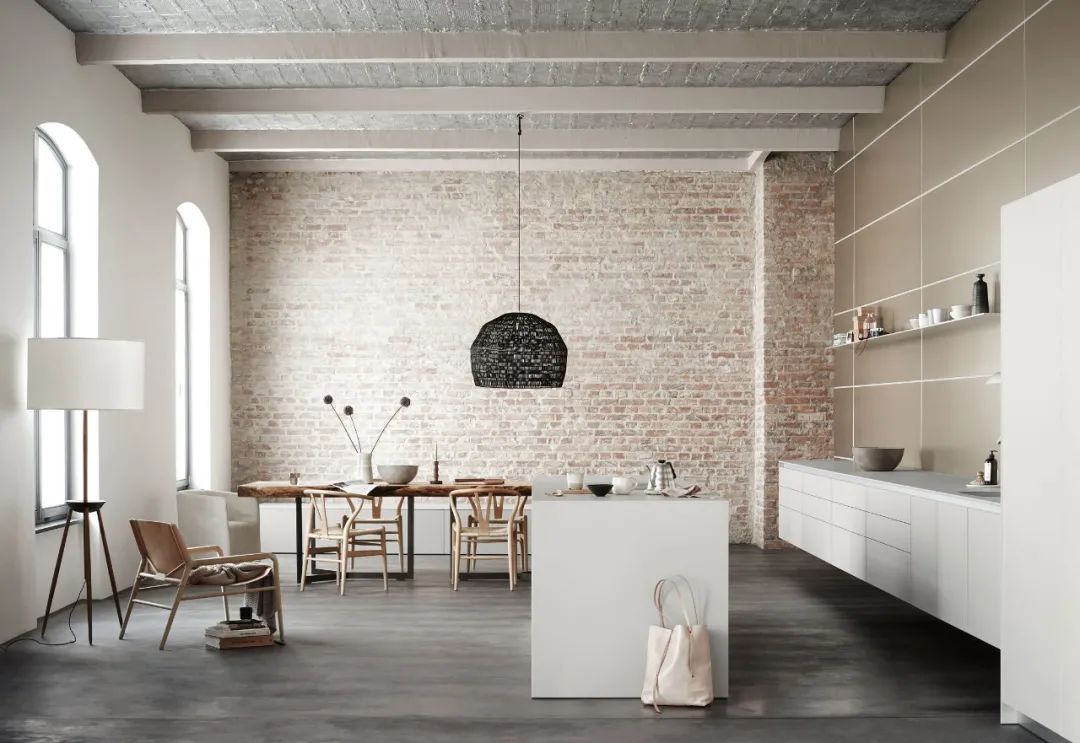
(Slide left and right to see pictures)
b3
The bulthaup material grades are divided into 8 grades. From PG1-PG8, each grade of material is the top level of craft production. ʻI honau lotolotonga, PG1 is the laser sealing veneer of Minebea, mo e the laser sealing technology Naʻe first proposed by bulthaup in 2001 to be applied in the cabinet manufacturing process. PG7 seamless stainless steel panel is polished by special laser welding, which perfectly illustrates the precise manufacturing process.
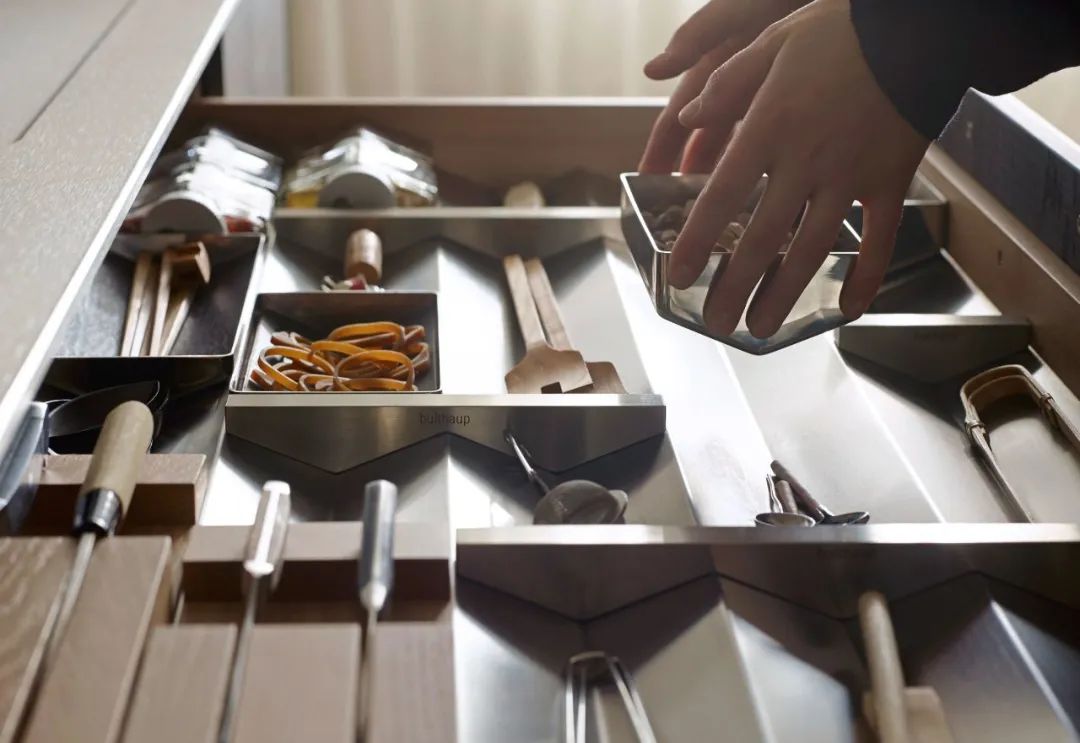
(Slide left and right to view pictures)
interior system
The thickness of bulthaup’s door panel is only 13mm. I analyze the reason for making all its door panels thinner is in line with bulthaup’s philosophy. Less material means more environmentally friendly, which allows for a more minimalist visual effect. It is more reflective of the difficulty of bulthaup craftsmanship and the details themselves, as well as the confidence and differentiation of the brand.
bulthaup PG material grade description time:2022.1 (latest)

(Slide left and right to see the picture)
The most distinctive feature is bulthaup PG8 top solid wood panel‘s innovative use of a solid wood panel with a thickness of only 14mm. The unique sandwich construction sandwiches three layers of solid wood panels together with aluminum panels. This technology is currently unique to bulthaup’s manufacturing process.
bulthaup PG8 solid wood panel | Measured data 14mm | Official data 13mm thickness
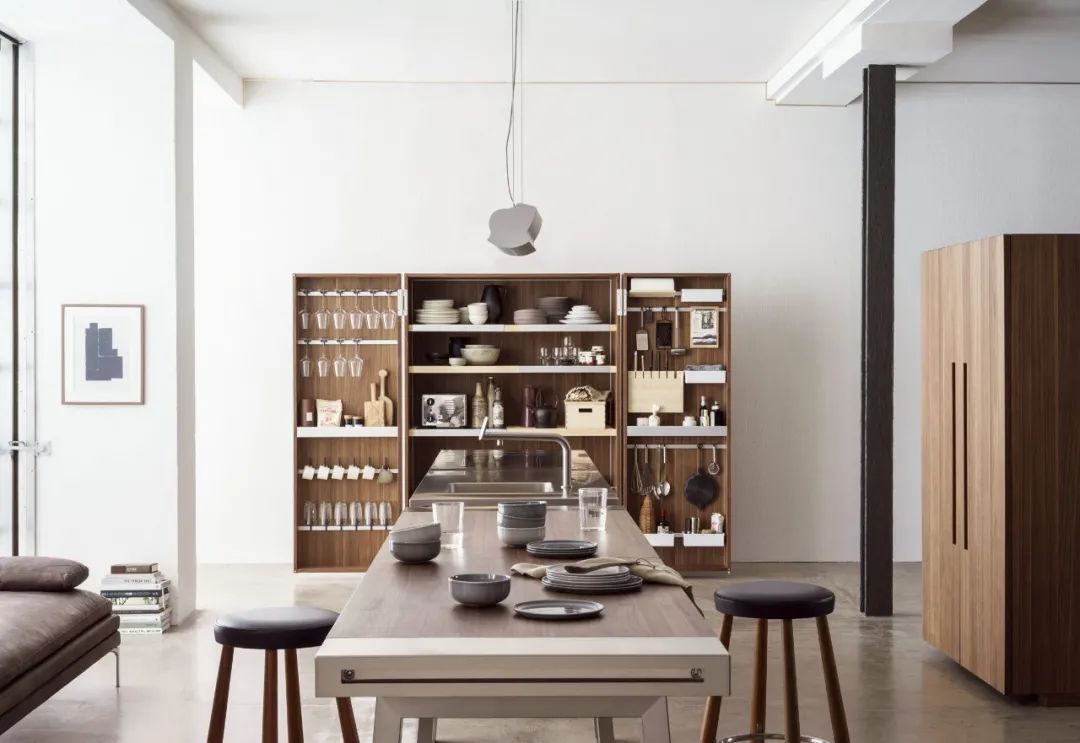
(Slide left and right to see the picture)
b2
Tracing back to the ancient medieval religious culture and blending with modern technology, b2 breaks through the existing cabinet design framework by eliminating drawers in the form of a tool cabinet. The design of opening and closing and poetic analysis present the storage completely with the eyes. The flexible combination of worktops creates a flowing kitchen space.
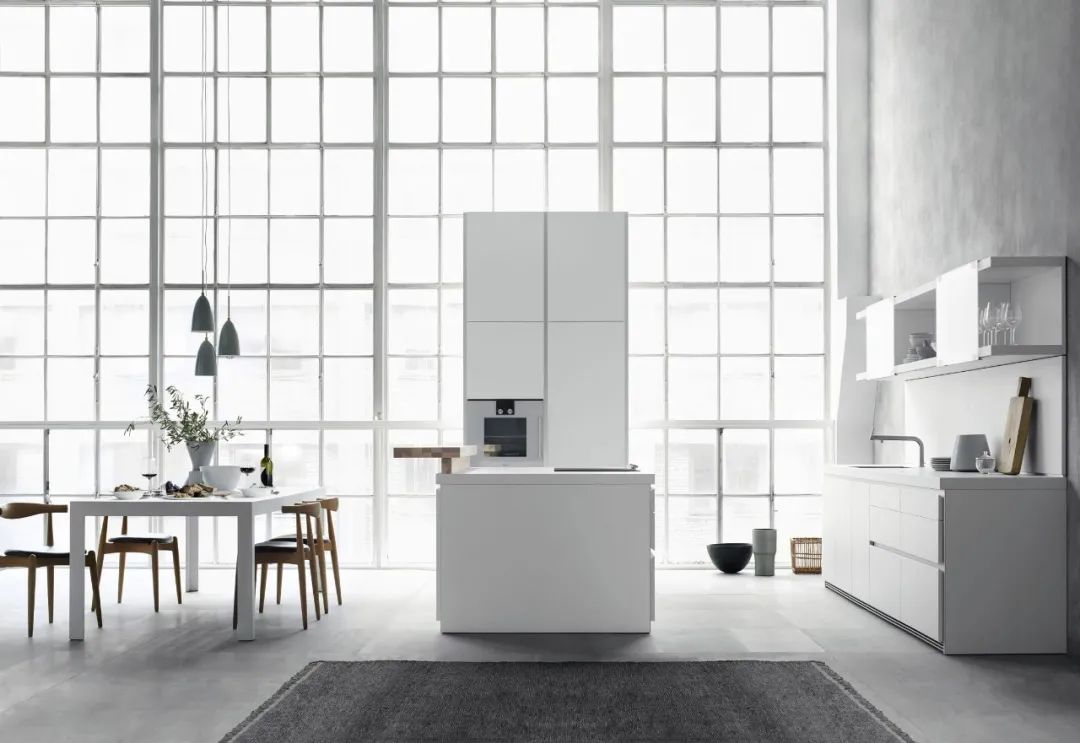
(Slide left and right to view images)
b1

talu mei he 1929 Simantic Luxury top cabinetry brand
The company was founded in 1929 in the small town of Löhne in northern Germany. ʻI he 1960, he founded the SieMatic brand, a family business currently run by the third generation of Siekmann, which specializes in top-quality luxury custom kitchen furniture. The German company SieMatic is located at the midpoint of the railroad line between Berlin and Cologne. The company has been in development for 91 years and has experienced changes in socio-economic and market demand. It has maintained steady growth in business and its position as the world market leader in top-quality cabinetry.
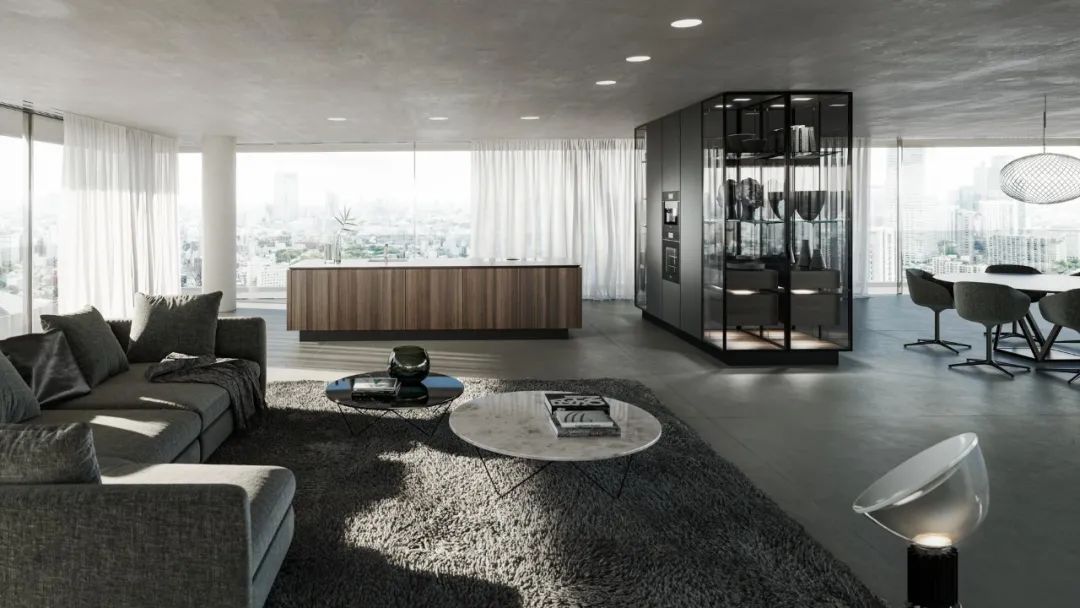
SLX
ʻI he 1929, Mr. August Siekmann founded the furniture factory that bears his name. ʻI he 1955, Mr. August-Wilhelm Siekmann took over the company from his father. ʻI he 1960, “SieMatic” became the new name of the brand after the world’s first cabinet without handles “SieMatic 6006” Naʻe launched with great success. Since 1994, Mr. Ulrich W. Siekmann has been running the company as the third generation of the family, and the brand has become more international under his leadership.
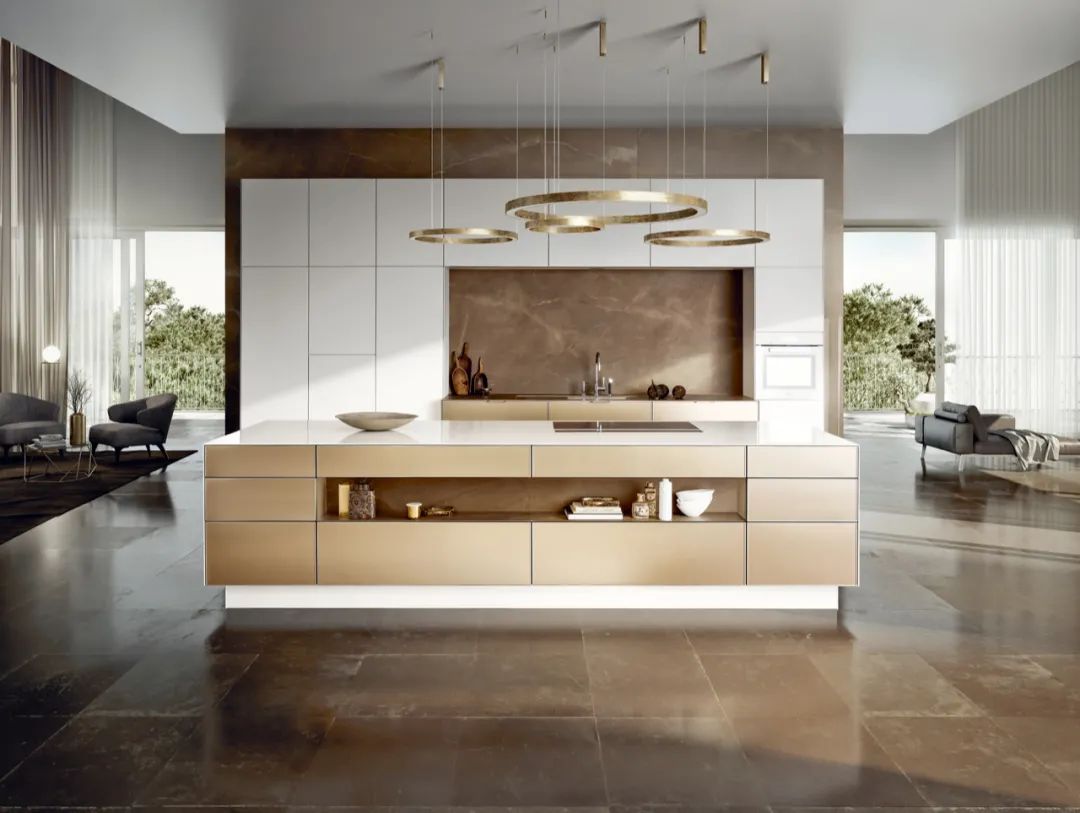 Pure
Pure
SieMatic’s material grades are divided into 10 grades. From PG0-PG9, PG9 is a new grade introduced in 2021 with a ceramic slate surface.
SieMatic PG material grade description date: 2022.1 (latest) Classic
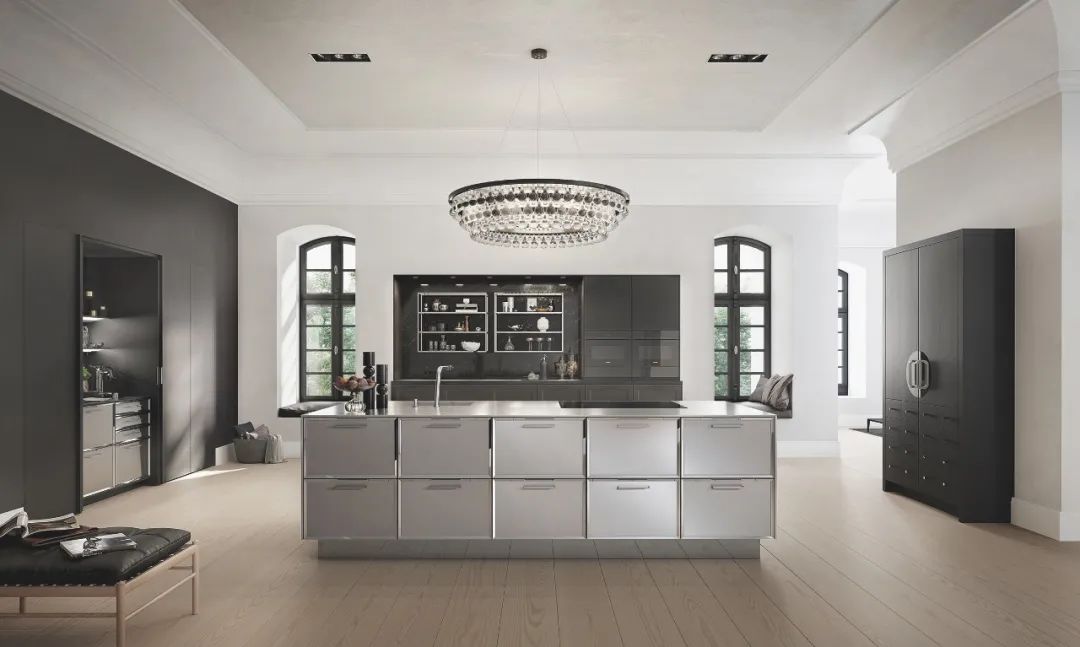
Classic
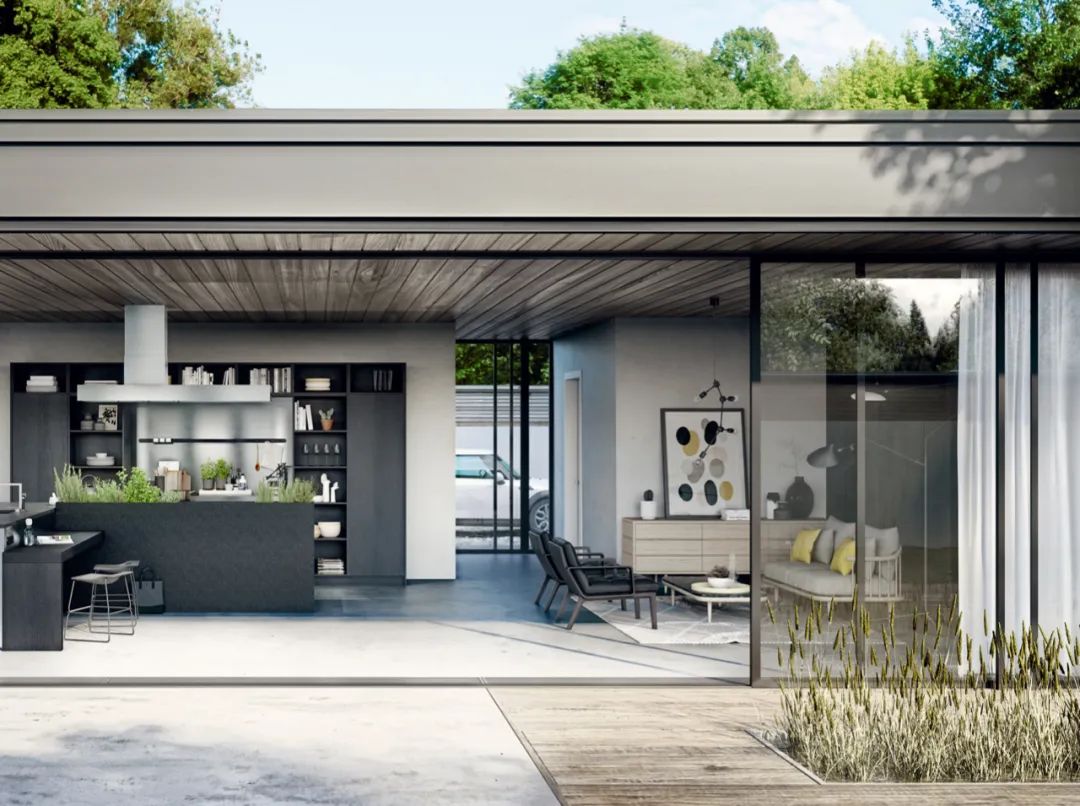
URBAN
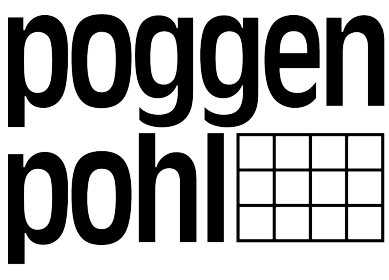
Since 1892 Poggenpohl, the oldest of the top cabinets
Poggenpohl is the oldest cabinetry brand in the world. The ambitious craftsman Friedemühl Poggenpohl was the first to create a cabinet. Friedemir Poggenpohl opened his own kitchen workshop in Bielefeld, Siamane, ʻi he 1892 and moved to Herford in 1897, where he continues to work today. He laid the benchmark for the future of the kitchen manufacturing profession.
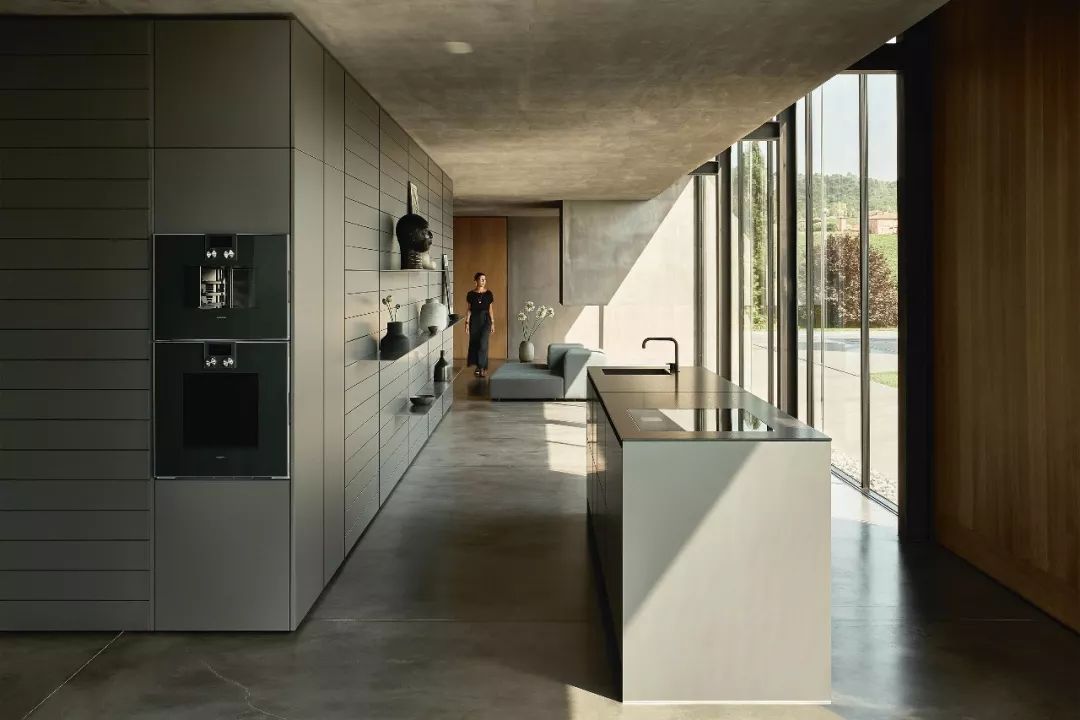
(Slide left and right to view images)
Segmento
It has a patented glass window. The unique matte lacquer finish makes the Poggenpohl brand a representative of the worldwide cabinet revolution. At the 1962 furniture fair in Cologne, Siamane, Poggenpohl presented the latest improvements to its finished cabinetry, ʻa e “form2000” fakahokohoko. This spirit is still reflected in the design of Poggenpohl cabinets to this day.
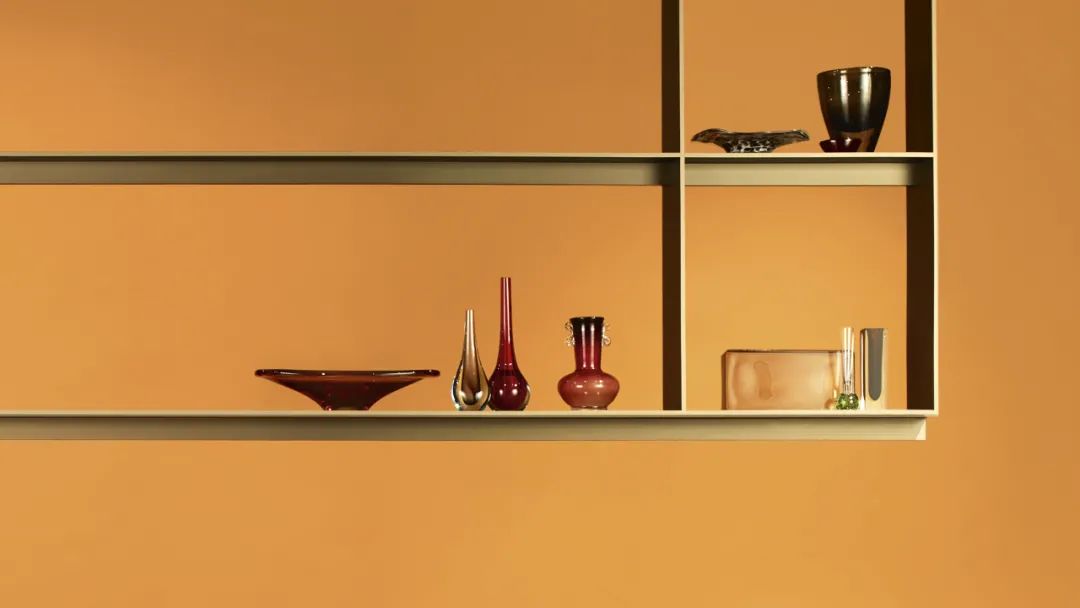
Solitaire
The poggenpohl material grades are divided into 9 grades. From PG0 to PG8. The poggenpohl materials are available in matte lacquer at PG2 and high-gloss lacquer at PG4 for special customization according to specific RAL and NCS color charts. poggenpohl is available in high-gloss lacquer for counter-grained solid wood veneers at the highest grade 8. ʻI he 2021, Poggenpohl updates or adds, 7 veneer colors, 5 metallic lacquers, mo e 7 velvet matte lacquers. In terms of door models, it adds FRAME6, FRAME75, and CONTOUR3.5, with CONTOUR3.5 edge-oxidized door panels to achieve a new visual effect. This door type has 4 border colors and the interior heart panel is available in matte baked enamel with cement-colored panels (4 colors available).
poggenpohl PG material grade description time: 2022.1 (latest)
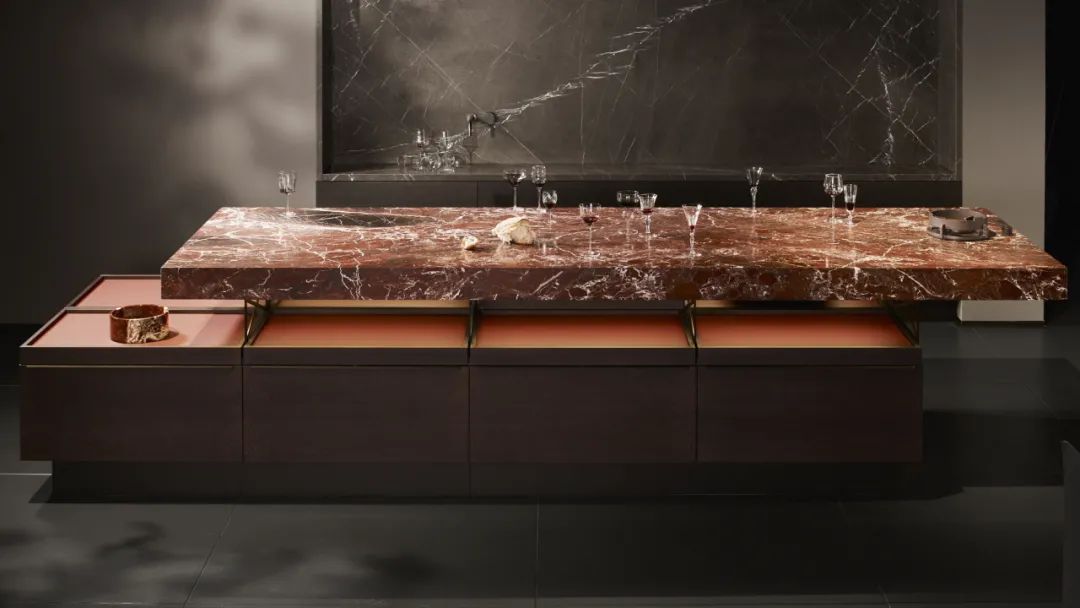
The Modo Poggenpohl product line has undergone a dramatic change. The original top two Porsche series, P’7340 and P’7350, are all off the shelves. Because of the deletion of the product line, now the poggenpohl has been left only SEGMENTO, MODO, Venovo three series and the new Solitaire open frame system.
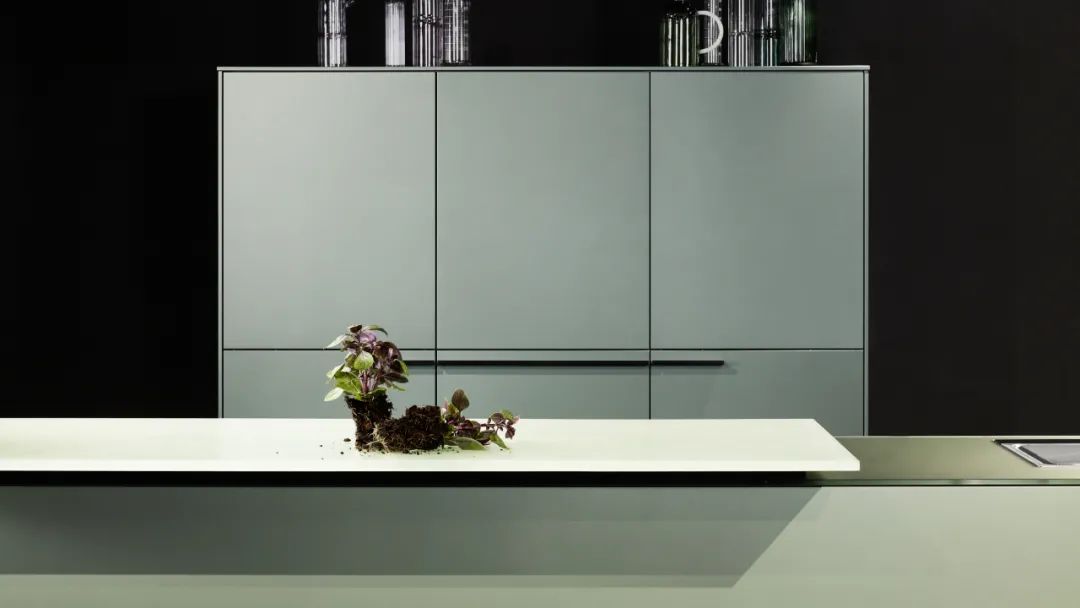
Venovo

talu mei he 1908 Igelsmann Powerful top-of-the-line cabinets
ʻI he 1908, Eggersmann cabinet was founded by Wilhelm eggersmann, which has 114 years of history and is one of the oldest cabinet brands in the world. Now in its 4th generation, it is positioned as the top luxury kitchen furniture. Its headquarters are located in Hiddenhausen, Siamane , near the Bielefeld area. This region is a dense area for high-end cabinetry companies in Germany.
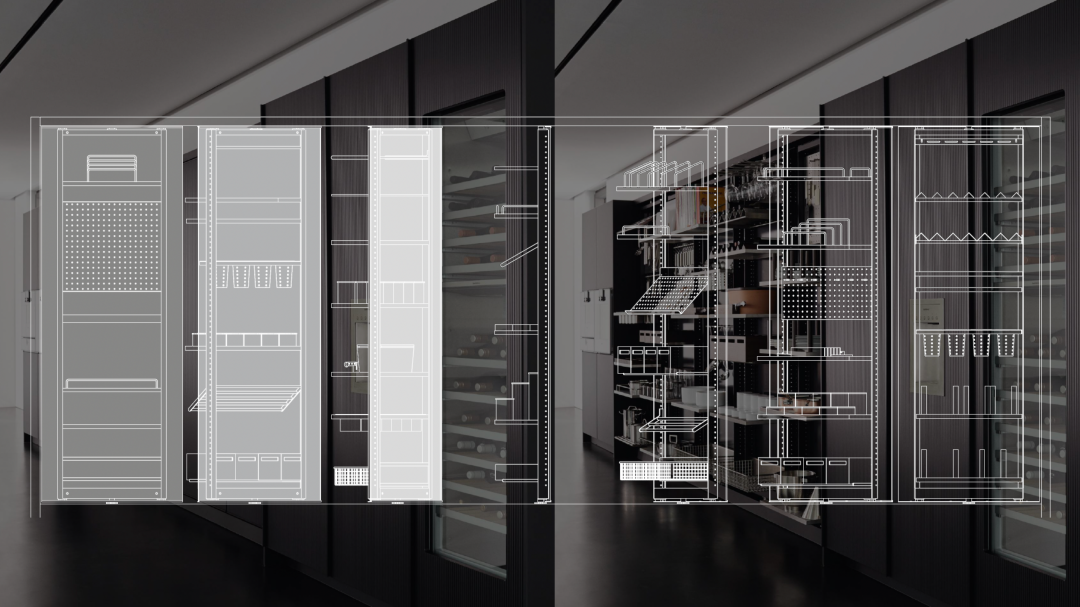
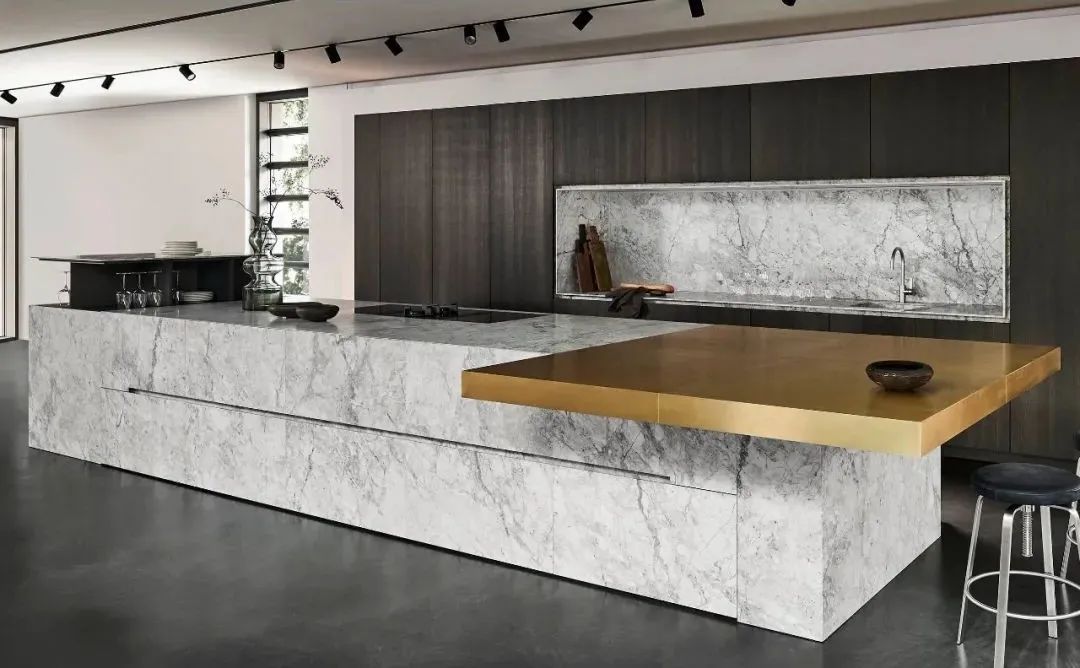
UNIQUE
Eggersmann Cabinets, known as the “material library of the cabinetry world”, has 14 grades of material panels. Among them E3.0 is the basic material grade from PG0-PG7, while UNIQUE series has six grades a, c, d, e, g, f. While choosing different grades of materials, the color options are extremely high. Take baking paint for example, there are 54 kinds of color blocks available, kau ai ʻa e 7 kinds of double-sided glossy baking paint, 13 kinds of linen baking paint, 9 kinds of satin baking paint, 8 kinds of matte baking paint, 15 kinds of high-gloss baking paint, mo e 6 kinds of special texture effect baking paint. And we can customize the color according to the international color or the color provided, which is also the highest from the point of view of customizability. The featured materials are ultra-thin stainless steel with 2 types, copper with 2 types and the top of the line stone with 16 types of options.
eggersmann PG material grade description time:2022.1 (latest)
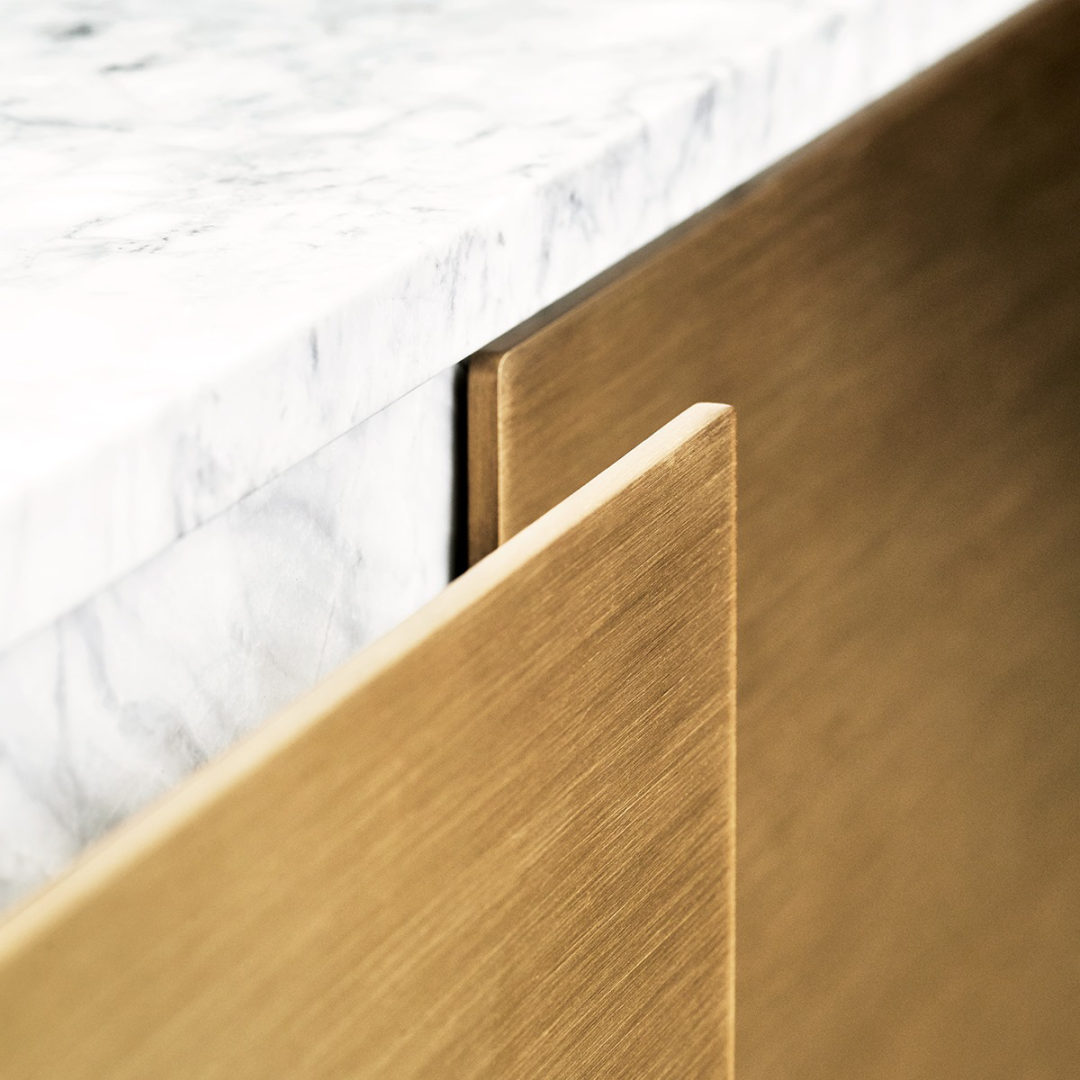
(Slide left and right to view image) Work’s
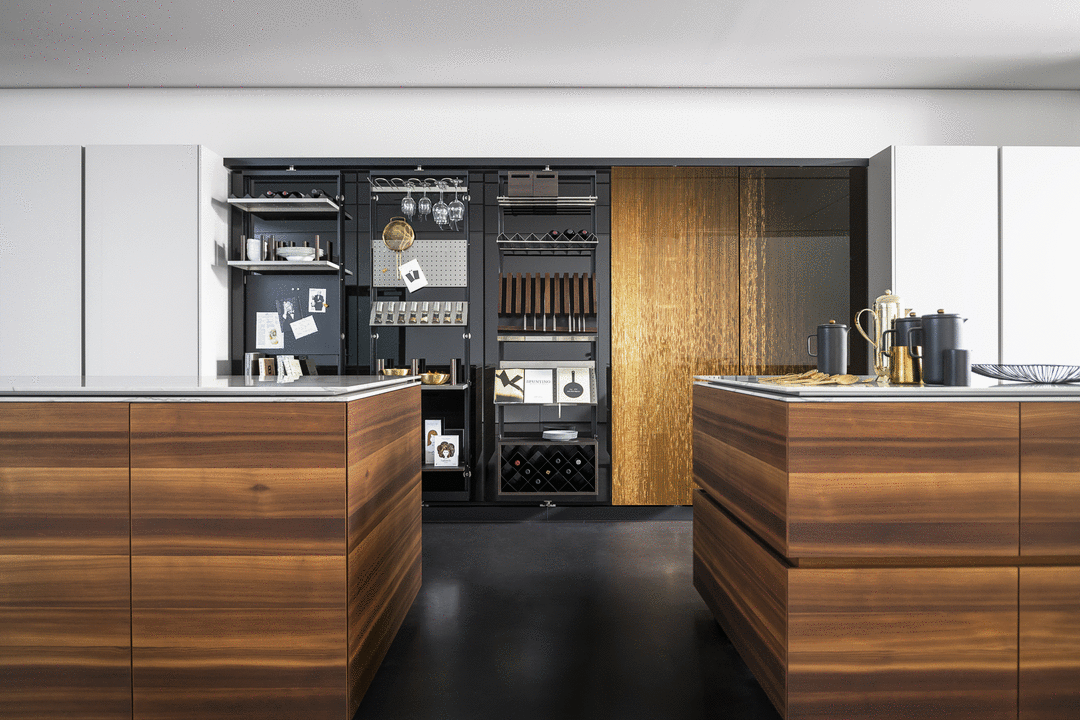
Work’s islands
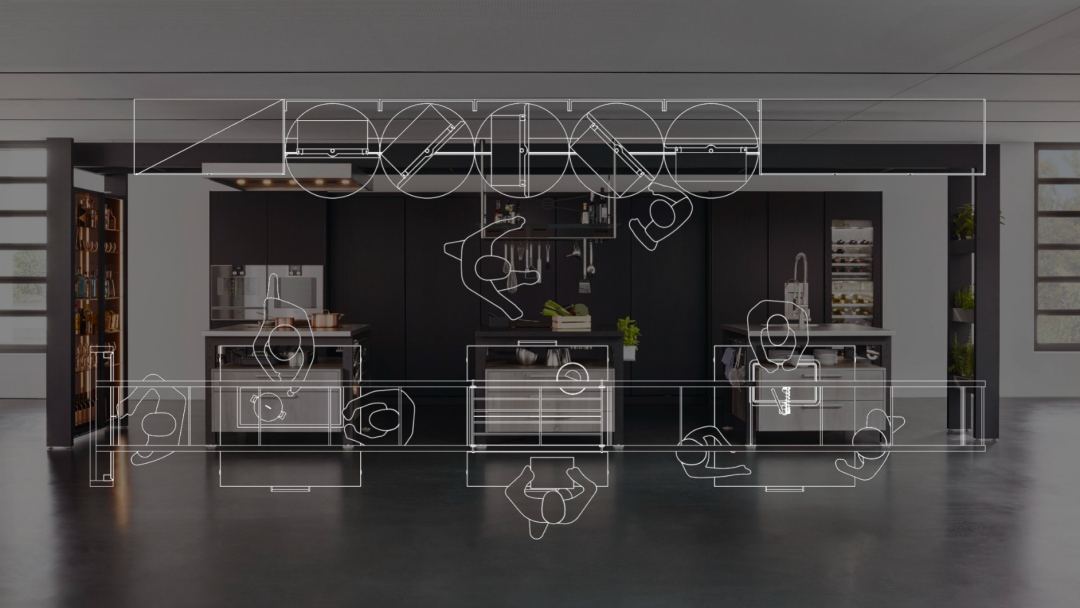
Work’s islands consist of three separate islands: washing, preparation operations and cooking for functional partitioning. It enriches the kitchen’s movement line while increasing the fun and social aspect of the kitchen. The island is topped by a black steel bridge to achieve a more architectural aesthetic effect, linking the three islands together. The bridge also features an integrated hood and removable hanging trolley to meet the needs of western cooking.

Turning units rotating high cabinets
The unique Work’s series Turning units is a top-notch storage system that rotates 360° to achieve the perfect kitchen storage solution between opening and closing, without affecting the operating space or the flow of movement.
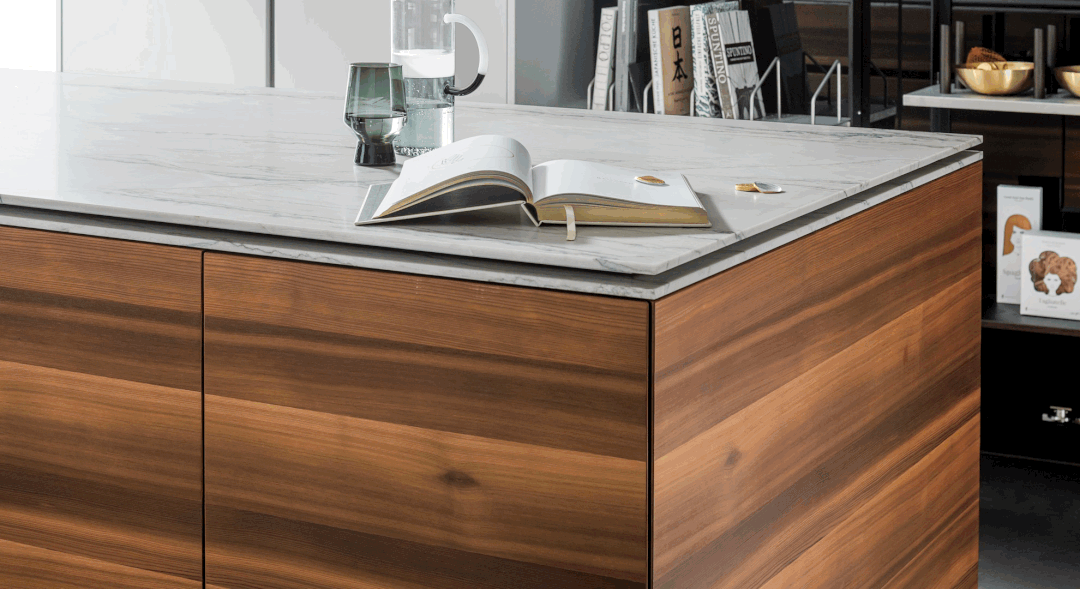
Eggersmann’s first ultra-thin natural stone movable countertop system enables a variety of kitchen use scenarios to be switched, creating a dynamic and clever living space.

Since 1928 Rolls Higher quality cabinetry
LEICHT was founded in 1928 by the Rolls brothers in Stuttgart, Siamane, and like other German brands such as Mercedes Benz Bosch and Porsche in Swabian, LEICHT has inherited the German aesthetic of industrial precision and meticulous workmanship. For almost 100 ngaahi taʻu, LEICHT has been maintaining precision, purity, high quality, and a high level of service. The spirit of the company is never to relax. With perfect craftsmanship, exquisite quality and excellent function, the brand has created an unparalleled individual style and won many international awards such as “Reddot”, “iF” mo e “imm”.
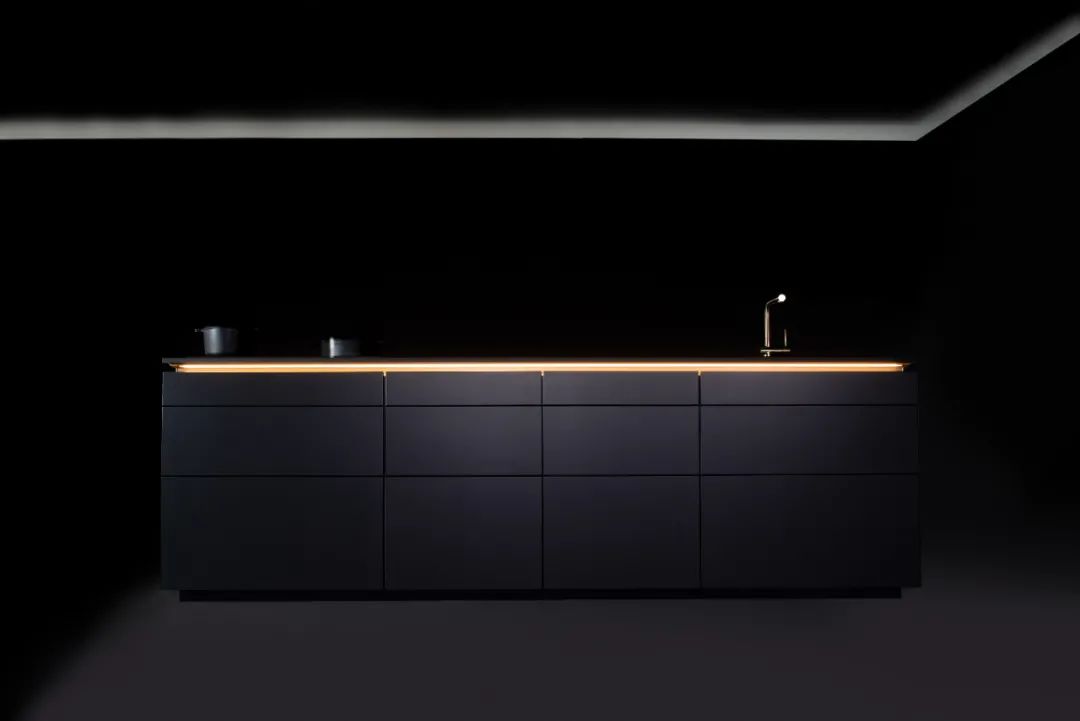
LEICHT’s material grades are divided into 8 levels, from PG1 to PG8. In the early days, there was PG0, but this grade was abolished in 2020. ʻI honau lotolotonga, PG5 and PG6 baking material colors can be customized according to specific RAL and NCS color cards. The most distinctive materials are grade 7 concrete cement board, steel metal rust, and grade 8 aluro aluminized surface.
LEICHT PG material grade description time:2022.1 (latest)
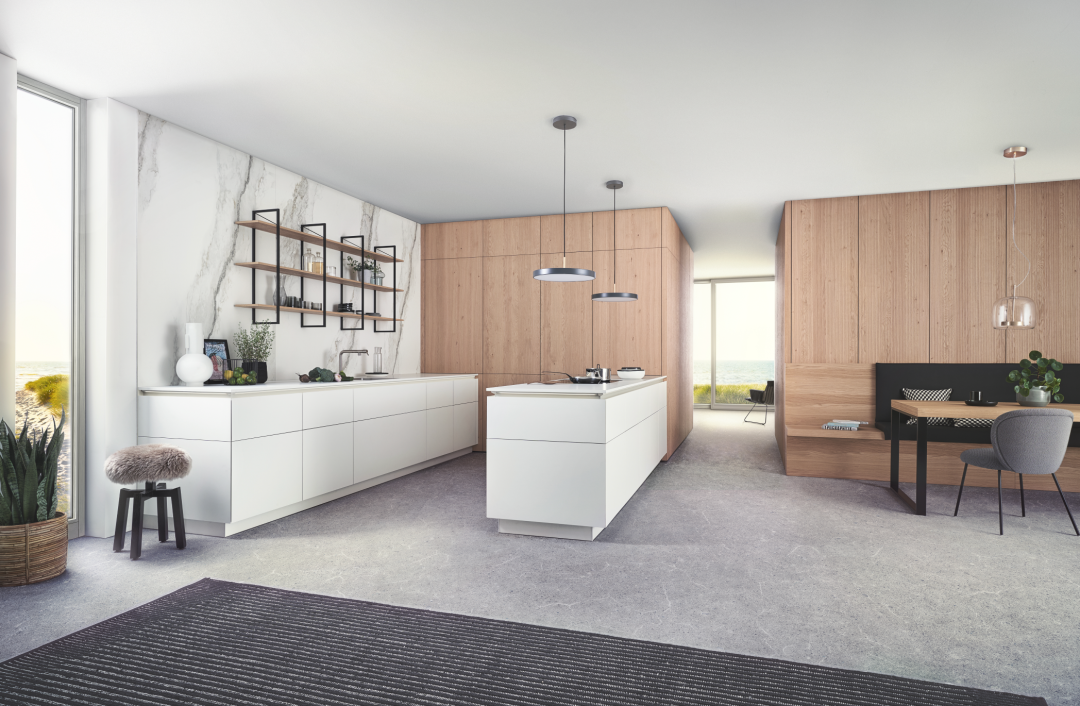
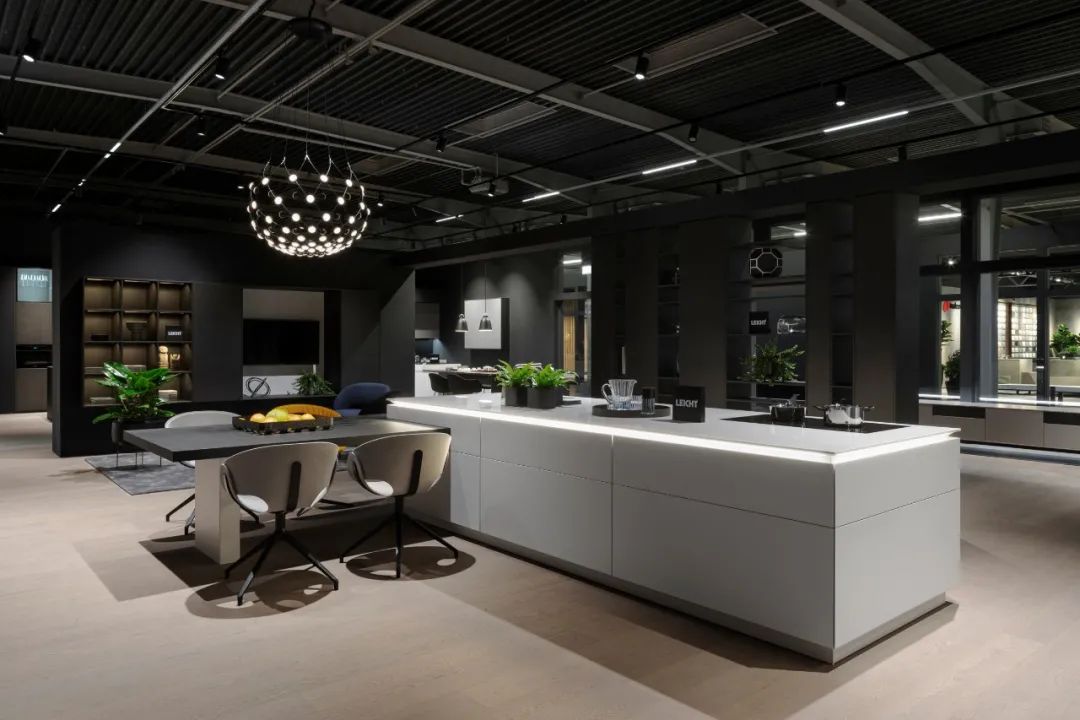
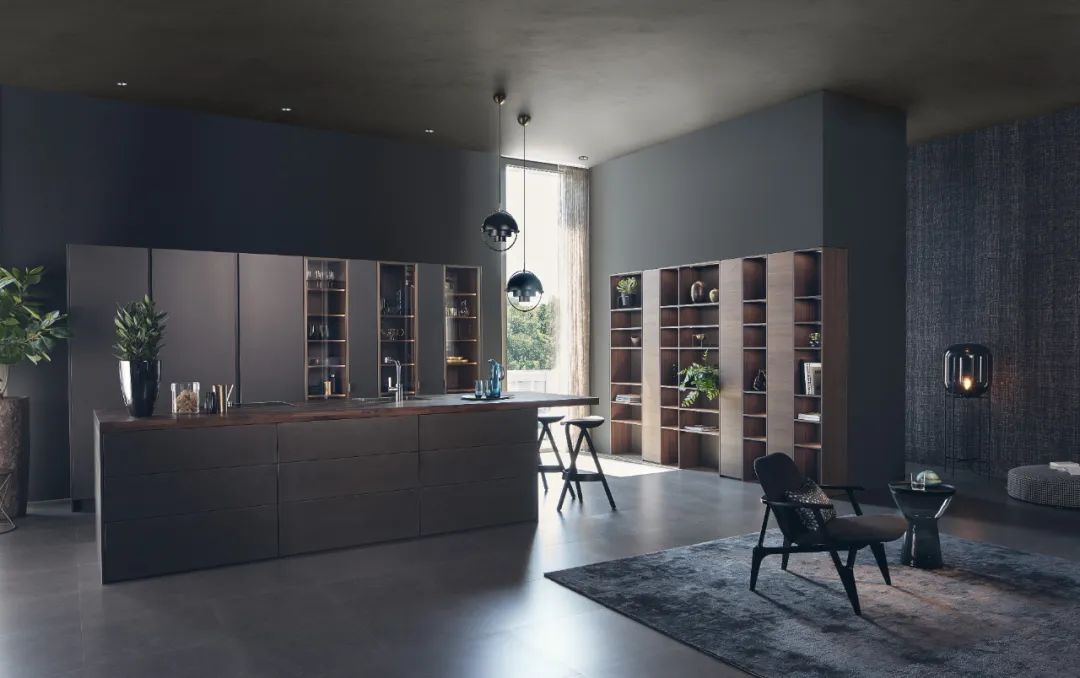
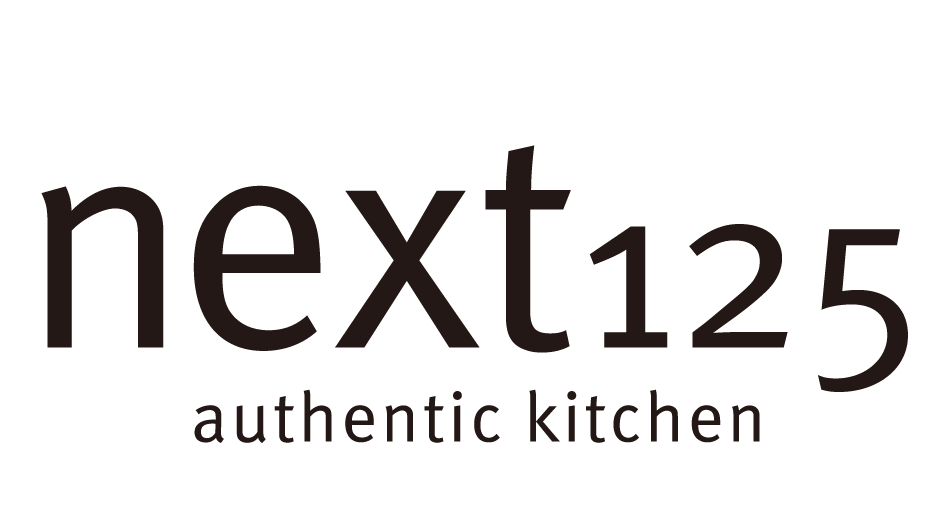 Since 1966, a new generation of premium cabinetry
Since 1966, a new generation of premium cabinetry
If there is one brand that is the most representative of premium cabinetry born after the year of the thousand seals, it is next125. Next125 is the international premium sub-brand of Schüller Cabinetry in Germany. ʻI he 1966, Otto Schüller founded Schüller Möbelwerk KG in Herrieden, Bavaria, Siamane. Schüller cabinets is by far one of the best-selling German cabinet brands, selling up to 150,000 individually tailored cabinets worldwide every year. This large volume is made possible by the fully automated Industry 4.0 factory in Germany. The next125 benefits from the high standard of product production.
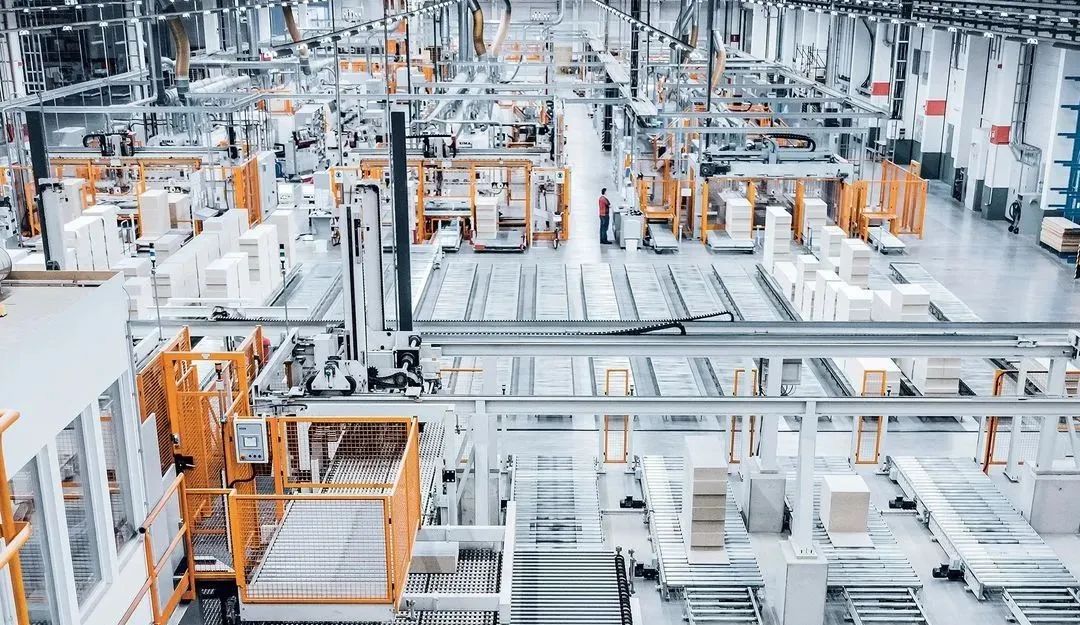
Ko e “next” in the next125 brand: next means next-generation kitchen. From this, we can understand that the brand’s product design is a more avant-garde and forward-looking concept, while 125 stands for the brand’s unique 125 mm module. The application of this modulus is undoubtedly the parametric ergonomics of the cabinets to the pinnacle.
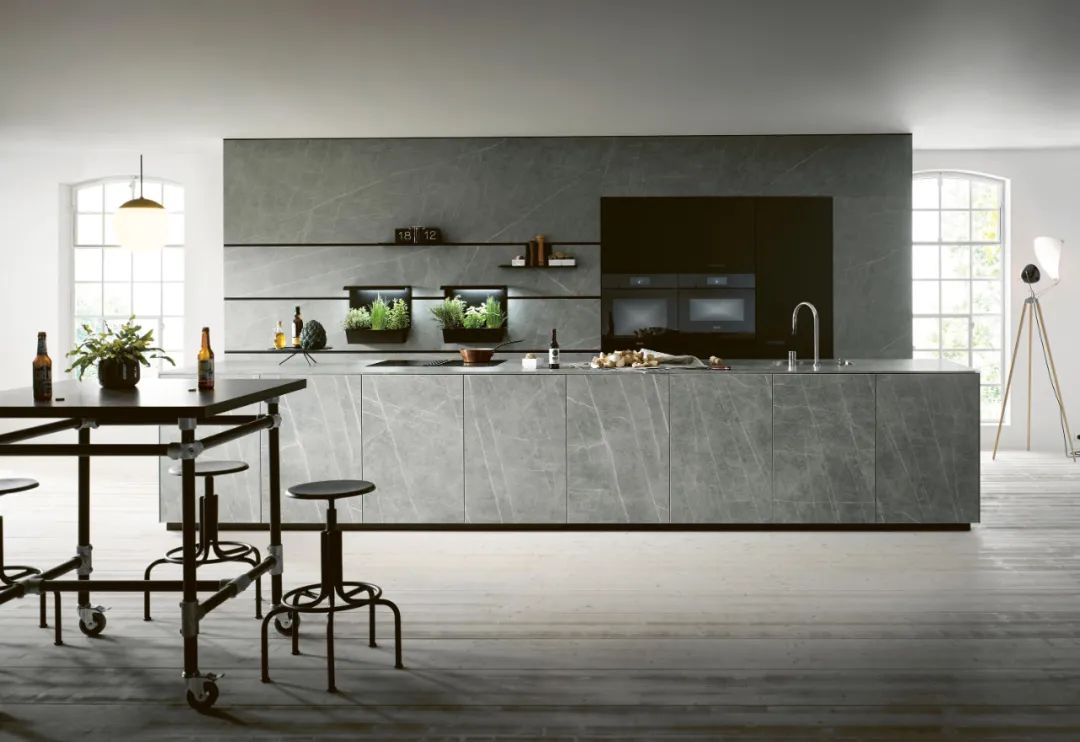
The material grade of next125 is divided into 9 grades, which are divided into different series by material grade, among which the most representative material of the product is FENIX material. The next125 is one of the first brands to apply this material to cabinet systems. The top material is the PG9 ceramic slate material. This is due to the systemo material system, which makes next125 the best in the use of ceramic slabs. This can be used not only for cabinet tops and countertops, but also for wall suspension systems and tabletops.
next125 PG material grade description time:2022.1 (latest) next125 Frame
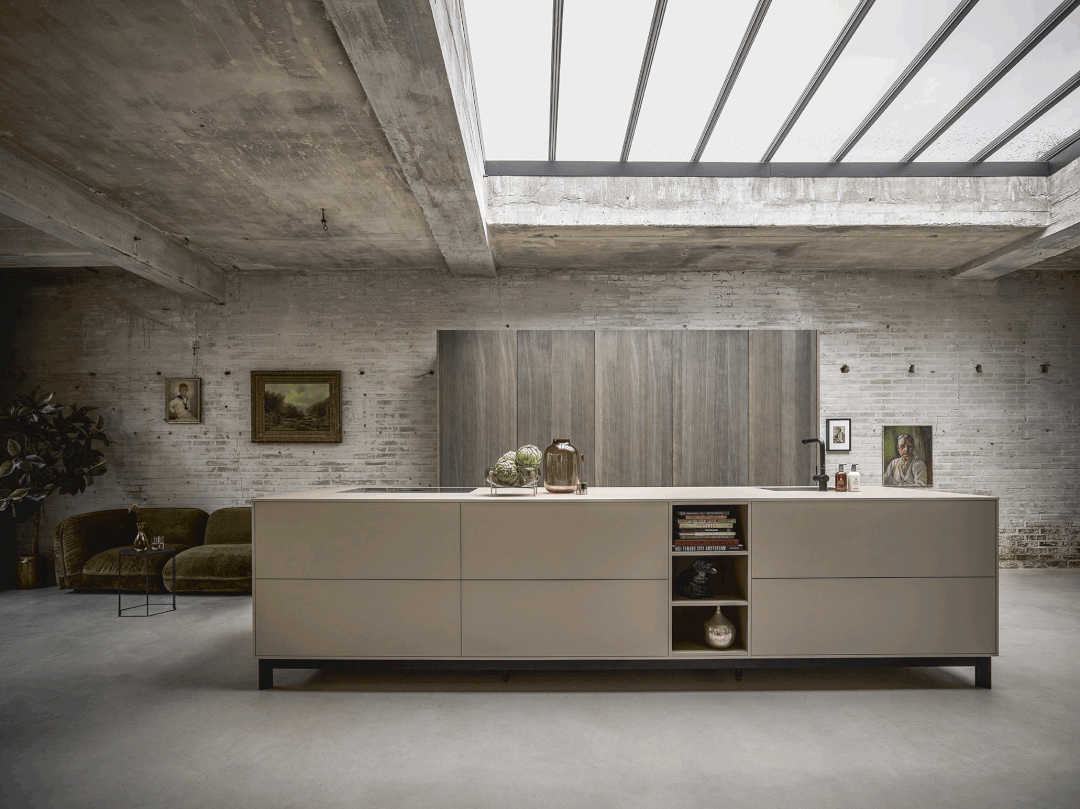
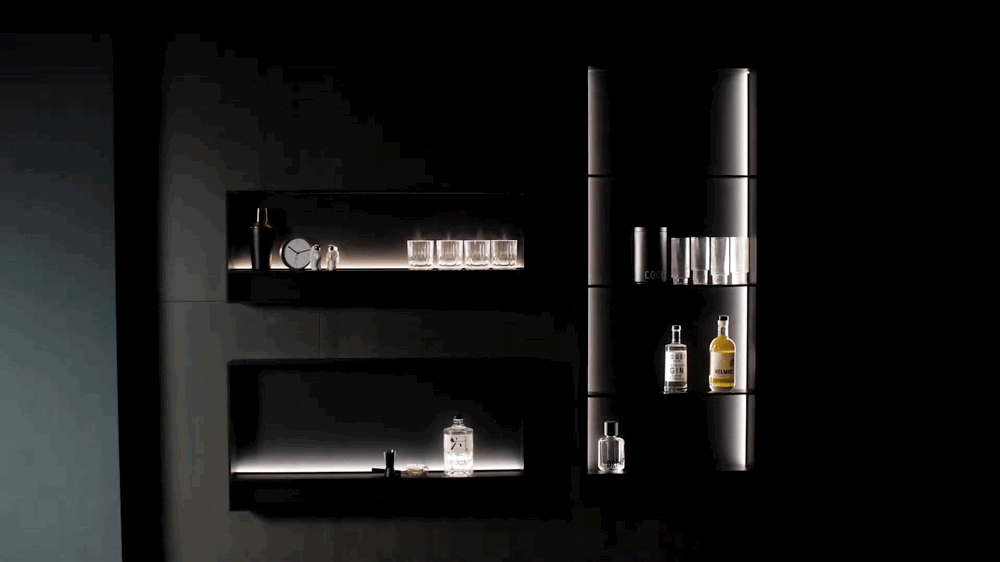
next125 Frame
The most representative product design of next125 is the Cooking table, which won the German Red Dot Design Award ʻi he 2012. The most recognizable is the next125 wall mounting system of the cube module, which shows a powerful wall storage system. ʻI he 2021, it launched the most popular next125 Trolley series, which won the German Design Award in 2021, and won the German Design Award and Red Dot Design Award in 2021 for the ambient light display shelf system of next125 Frame in the same period. These design awards in recent years show the strong and sustainable research and development capabilities of the next125.
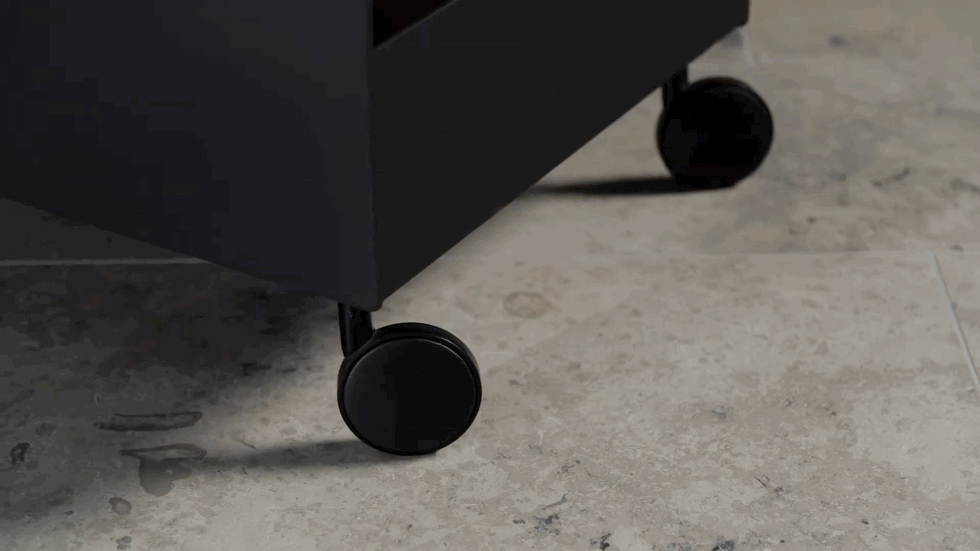
next125 Trolley
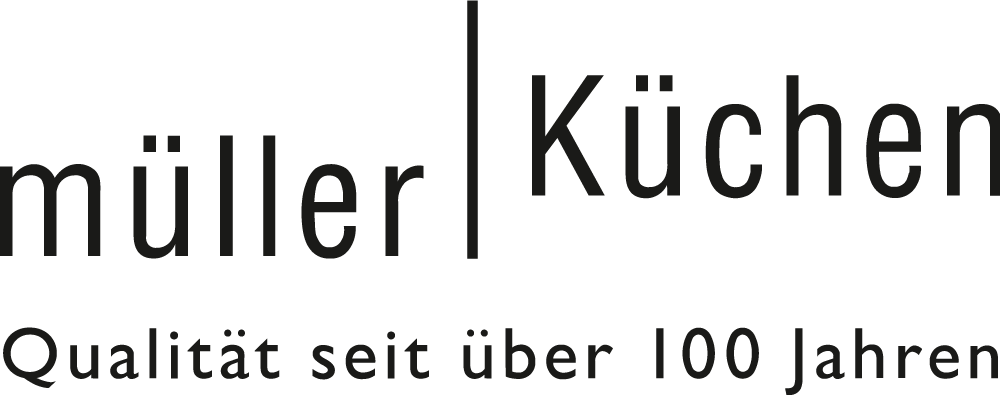
talu mei he 1913 Mueller Suspended Premium Cabinets
With a hundred-year history, the German cabinet brand müller was founded in 1913. From the very beginning, it has been producing products with high quality as its standard. ʻI he 1913, Hermann Christian Müller (Hermann Christian Müller) founded this company. In the early days, it produced and processed wood and accessory products, which were exported to other European countries in addition to satisfying the German market. A modern production line was established at the beginning of World War II. After World War II, the company started up again, focusing on the production of doors, windows and furniture components.
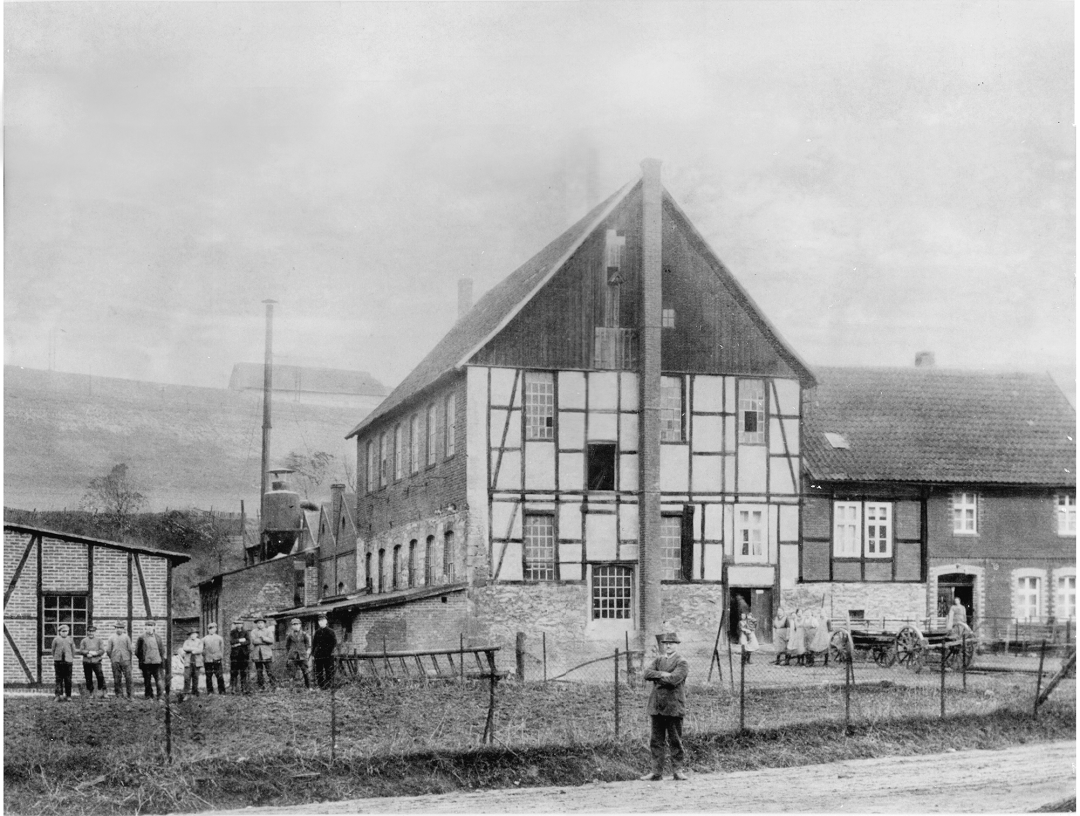
In the early 1950s, müller improved the production of kitchen sink cabinets and started manufacturing and selling cabinets. All kitchens and accessories are produced in the müller factory in Altenbeken. It uses the most advanced technology and the most demanding manufacturing processes and controls the precision to the millimeter. In the 1990s, the production line was gradually transformed to automatic mechanization with computerized control. ʻI he 2001, müller already had 80 kitchen models to choose from, offering systematic and individual kitchen solutions. ʻI he 2019, it entered the Chinese market from Germany and has already opened its flagship showroom in Beijing.

müller has 12 grades of door material, of which lacquer is one of müller’s best materials. PG4 is a matte lacquer, available in 9 basic colors. The glossy lacquer is PG5, available in 6 base colors, and the above-lacquered door panels can be made in fully customizable colors and offer a three-year customer exclusivity period. The most distinctive material is the PG8 veneer, available in four colors. müller’s veneer is available in PG7 and PG8. The unique selection and manufacturing process allows for precise “veneer with the grain” to achieve a unique natural aesthetic. To achieve the ultimate in personalization, müller uses door transfer technology, which allows for unique patterns and images. At the same time not limited to minimalist and classical styles, classical shapes are also a feature in the müller system of door panels.
Müller PG material grade description time:2022.1 (latest)
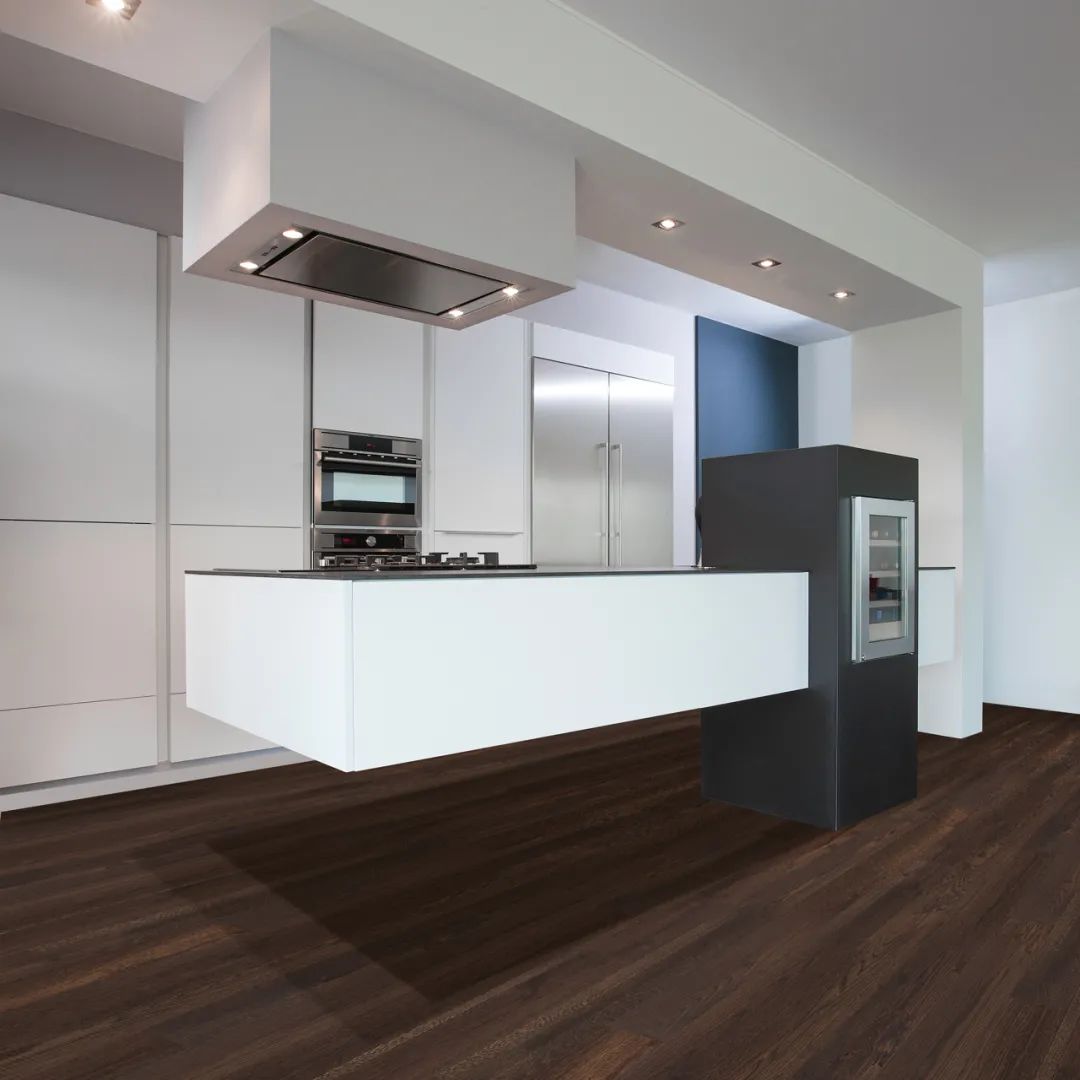
Although the concept of the suspended island kitchen has been around for a long time, the müller is definitely one of the most characteristics of the kitchens we have seen that really strikes a balance between visual and aesthetic appeal. It cleverly uses the mechanics of architectural structure and thinking to make the kitchen island achieve the effect of visual levitation. What makes müller cabinets different from other cabinets is the 19mm side top panels and 8mm thick back panels connected by a wooden mortise and tenon structure. This allows the cabinet to achieve the most stable and solid structure.
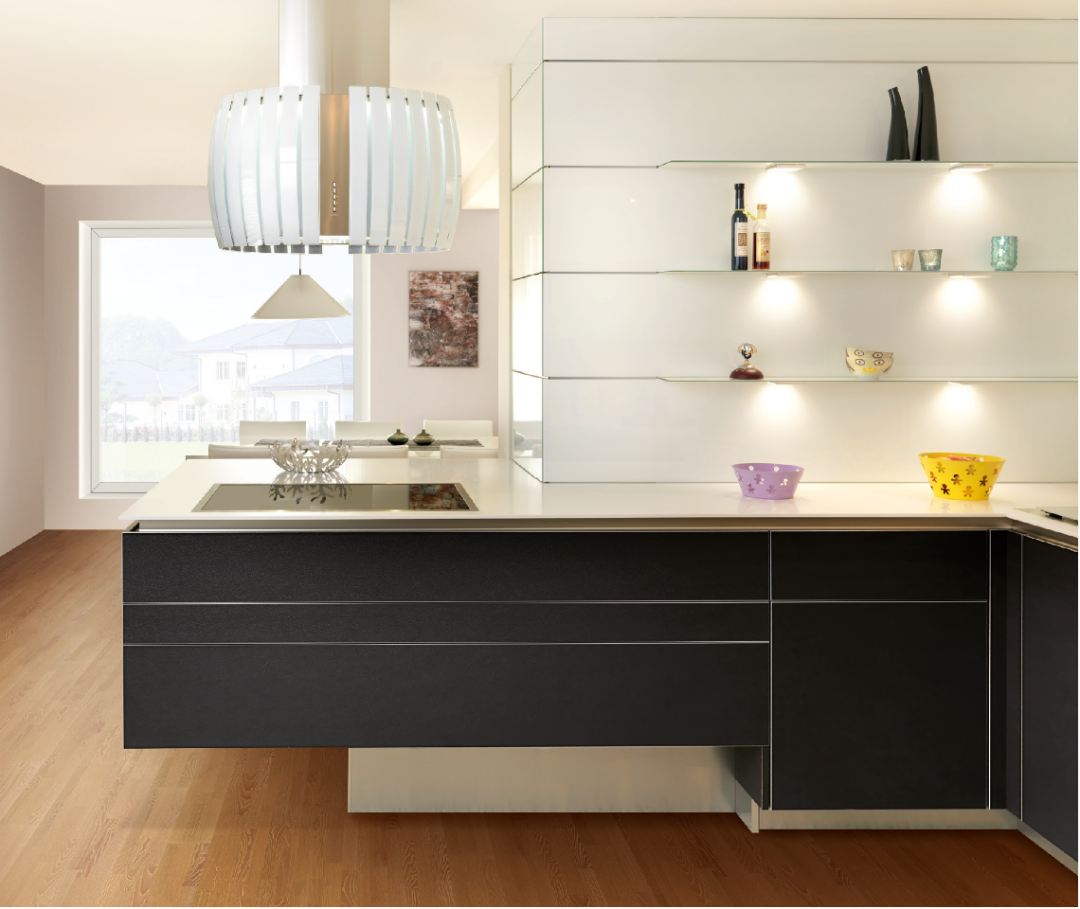
 iVIGA lomiʻi ʻi he fale ngaohiʻanga koloa
iVIGA lomiʻi ʻi he fale ngaohiʻanga koloa
